2019 Awardees
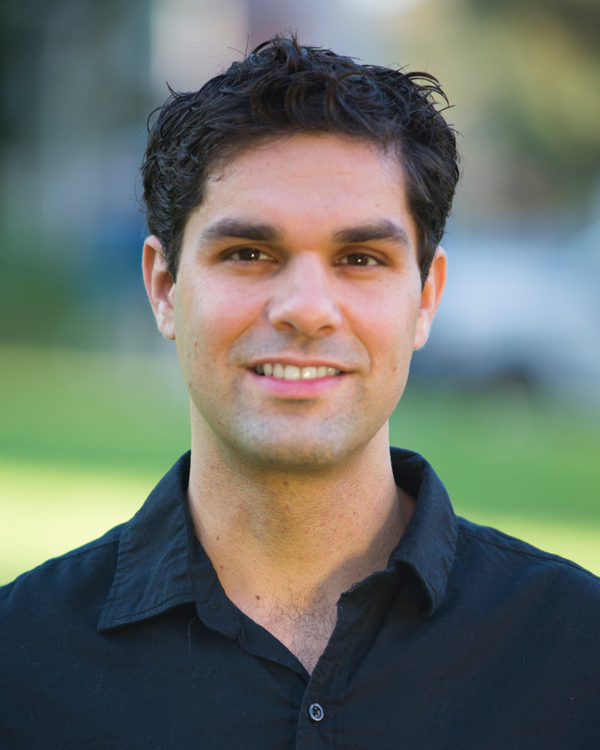
Omar S. Akbari, Ph.D.
University of California, San Diego
Project Title: Development of Synthetic Viral Circuitry to Regulate Viruses in Mosquito Disease Vectors
Grant ID: DP2-AI152071
Omar S. Akbari joined University of California San Diego in 2017 as an Assistant Professor in the Cell and Developmental Biology Section, within the Division of Biological Sciences. He is also an active member of the TATA institute for Genetics and Society at the University of California, San Diego and in 2018 co-founded Agragene a biotechnology-based startup in San Diego, CA. In his earlier career, he received both a B.S./M.S. in Biotechnology in 2005 and a Ph.D in Cell and Molecular Biology from the University of Nevada, Reno where he studied the role cis-regulatory modules play in cellular identity along the anterio-posterior axis in developing Drosophila melanogaster embryos. In May of 2009, he joined the laboratory of professor Bruce A. Hay at the California Institute of Technology as a Postdoctoral Scholar to innovate synthetic biology of disease vectors. Prior to moving to University of California, San Diego he was an Assistant Professor of Entomology in the Center for Infectious Disease Vector Research (CIDVR) at the University of California, Riverside.
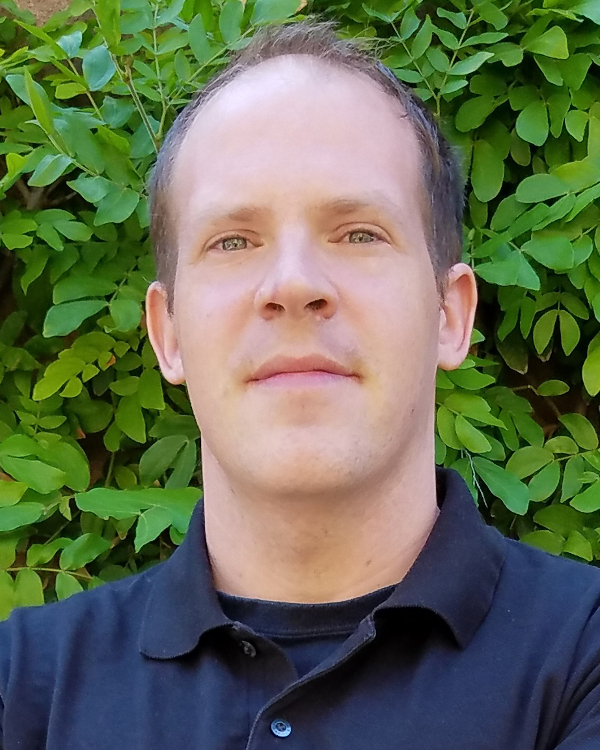
Kevin T. Beier, Ph.D.
University of California, Irvine
Project Title: Sculpting the Brain: High-Resolution Spatiotemporally-Controlled Modulation of Memories
Grant ID: DP2-AG067666
Funded by the National Institute on Aging
Dr. Kevin Beier is interested in the molecular and neural circuit basis of behavioral adaptation. In his graduate and postdoctoral work he developed viral-genetic methods for mapping connected neuronal circuits and how they are modulated by experience. His work combines multiple cutting-edge modalities to dissect the contribution of experience-dependent plasticity for both adaptive and pathological behaviors. His lab has two main goals: One, to engineer a suite of molecular technologies for selective modulation of neuronal plasticity at the level of the cell and ultimately, the individual synapse. Two, his lab will investigate how synaptic and circuit properties in the brain are modulated either by acute experiences or over time during aging.
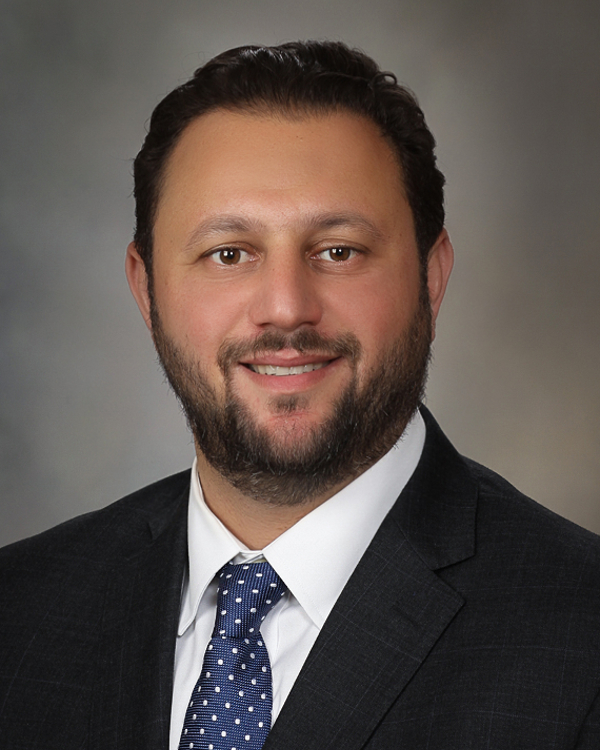
Arthur Beyder, M.D., Ph.D.
Mayo Clinic
Project Title: Does the Gut Have a Sense of Touch?
Grant ID: DP2-AT010875
Art is a physician-scientist at the Mayo Clinic where he is an Assistant Professor of Medicine and Physiology and a physician in the Division of Gastroenterology & Hepatology. Art received his M.D. and Ph.D. degrees from the University at Buffalo (SUNY) and did his thesis work with Dr. Frederick Sachs, one of the founders of the field of mechanosensitive channels. Art then joined Mayo Clinic’s Clinician Investigator Program, where he did clinical training in internal medicine and gastroenterology, and post-doctoral work with Dr. Gianrico Farrugia, a world leader in gastrointestinal physiology & pathophysiology, and focused on ion channel mechanosensitivity and precision medicine in functional GI disorders, which are common and complex gut-brain disorders, with nearly half of patients having disruptions in gastrointestinal mechanosensation. Art’s group recently discovered a novel population of mechanosensitive epithelial sensory cells that are similar to skin’s touch sensors, which prompted a potentially transformative question: “Does the gut have a sense of touch?” Art is the recipient of the NIH K08 and R03 awards and the American Gastroenterological Association (AGA) Research Scholar Award (RSA).
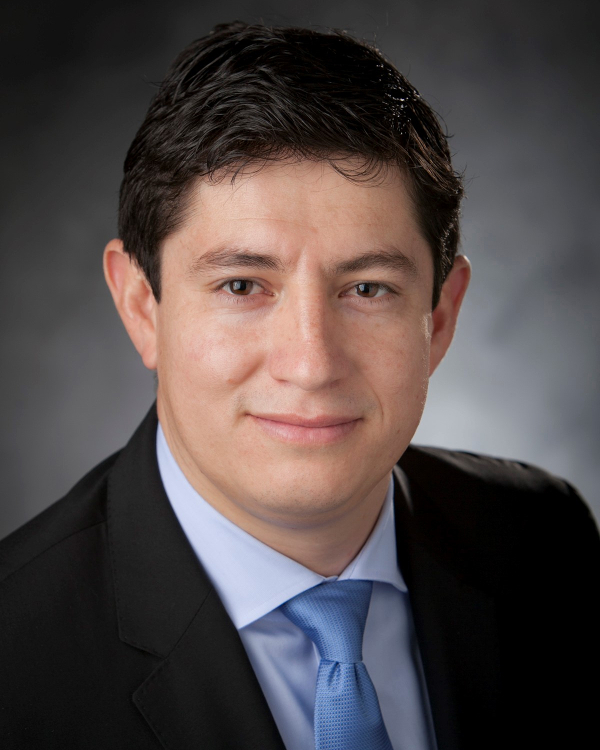
Diego V. Bohórquez, Ph.D.
Duke University
Project Title: Reversing Autism Linked Behaviors from the Gut
Grant ID: DP2-MH122402
Dr. Bohórquez is an Assistant Professor of Medicine and an Assistant Research Professor of Neurobiology at Duke University. His expertise is in gut-brain sensory transduction. This new field of sensory biology was sparked by Dr. Bohórquez’s discovery of synapses in enteroendocrine cells in 2015. On September 21st, 2018, his laboratory published an article in Science magazine documenting a new mechanism for the gut to transduce a sense to the brain in milliseconds using glutamate as a neurotransmitter. Dr. Bohórquez discovery of a gut-brain sensory neuroepithelial circuit—analogous to that transducing the sense of taste in the tongue—has been featured in Nature, TED ideas blog and The New Yorker. This discovery is a paradigm shift in our understanding of how the gut senses nutrients. It is the basis for gut stimuli to modulate brain function and behavior in a direct and specific manner, and a therapeutic targeting for treating behavioral disorders of appetite and mood.
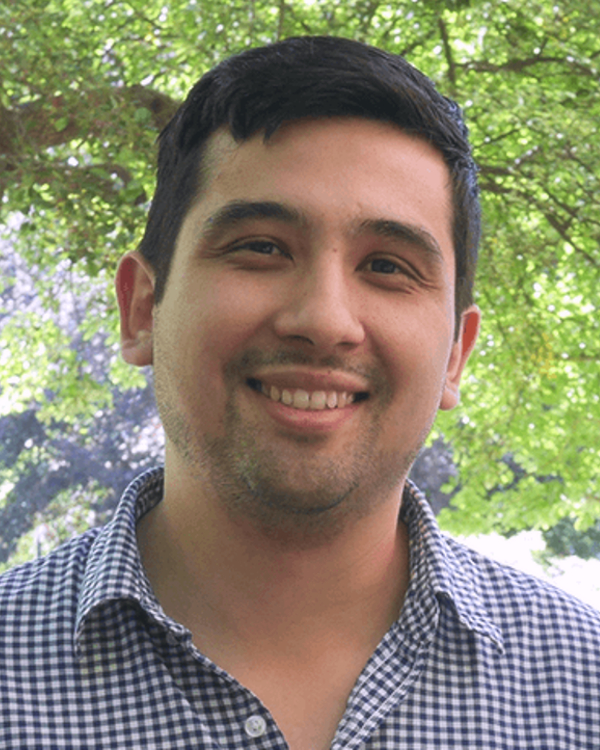
Jason Buenrostro, Ph.D.
Harvard University
Project Title: Single-Cell Epigenomic and Cellular Plasticity
Grant ID: DP2-HL151353
Jason Buenrostro is an Assistant Professor at Harvard University in the Department of Stem Cell and Regenerative Biology. As a graduate student at Stanford University advised by Howard Chang and William Greenleaf, Dr. Buenrostro developed the methods ATAC-seq and single-cell ATAC-seq, which enable measurements of chromatin accessibility at single-cell resolution. At Harvard University, the Buenrostro lab is broadly dedicated to advancing our knowledge of gene regulation and the downstream consequences on cell fate decisions. To do this, the Buenrostro lab develops new technologies employing approaches across molecular biology, microscopy and bioinformatics. The lab applies these tools to study stem cells in normal, aging and cancer tissues in effort to discover regulators of chromatin structure and their contribution to disease.
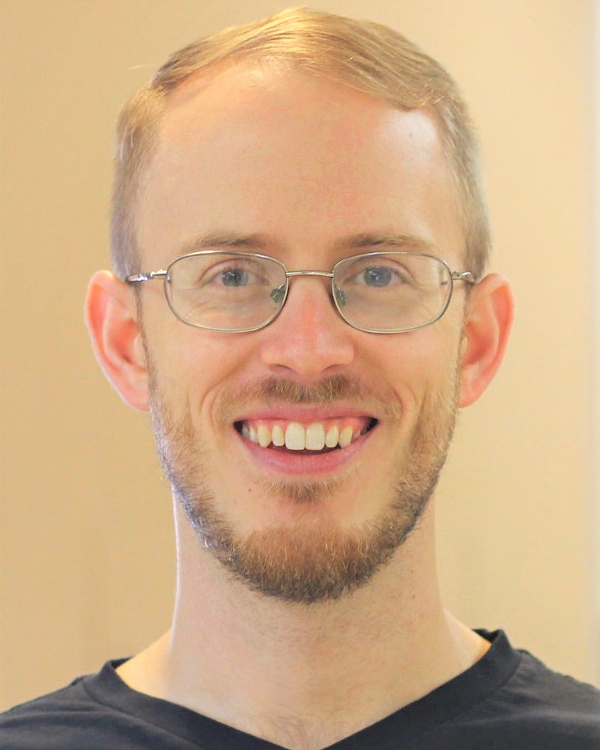
Andrew R. Buller, Ph.D.
The University of Wisconsin - Madison
Project Title: Engineering In Vivo Biomolecular Synthesis with Non-Standard Building Blocks
Grant ID: DP2-GM137417
Funded by the National Institute of General Medical Sciences
Andrew Buller received his Ph.D. from The Johns Hopkins University, where he studied X‐ray crystallography and the principles of natural products biosynthesis under Dr. Craig Townsend. In 2013, he moved to Pasadena to work with Dr. Frances Arnold as a Ruth Kirschstein NIH Postdoctoral Fellow. There he used directed evolution to create a simplified biosynthetic platform to produce tryptophan analogues. In 2017, he joined the University of Wisconsin–Madison as an Assistant Professor. The Buller group focusses on engineering and understanding new enzymes that can react with an expanded palette of chemical building blocks to enable biosynthesis of new-to-nature proteins and small molecules pharmaceuticals.

Denise J. Cai, Ph.D.
Icahn School of Medicine at Mount Sinai
Project Title: How Does the Brain Maximize Storage Capacity?
Grant ID: DP2-MH122399
Dr. Denise Cai is Assistant Professor of Neuroscience and the Friedman Brain Institute at the Icahn School of Medicine at Mount Sinai where she studies the neural mechanisms that govern how memories are stored and changed over time. In her postdoctoral studies at UCLA, she discovered that memories encoded close in time share an overlapping neural ensemble: recall of one memory triggers another temporally-related. This mechanism may underlie such anxiety disorders as PTSD, and Dr. Cai’s lab is currently exploring the impact of negative emotions on the temporal linking of memories. She has found, as well, that disruptions occur in the temporal linking of memories during the aging process, which has prompted her to question if memory decline as we age is something that can be prevented or treated. Dr. Cai is one of the primary developers of the UCLA Miniscope system, an open source suite of novel imaging technologies and techniques.
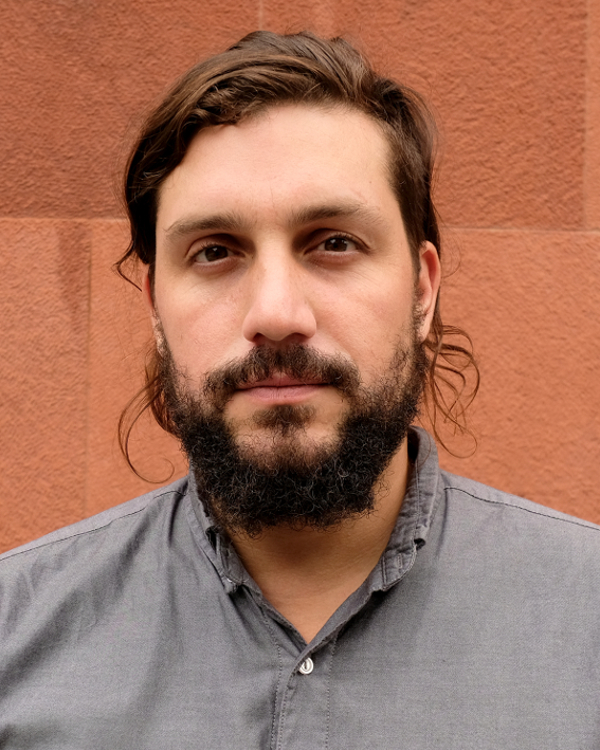
Carlos Carmona-Fontaine, Ph.D.
New York University
Project Title: Decoding the Fundamental Mechanisms of Tumor Emergence and Evolution
Grant ID: DP2-CA250005
Carlos Carmona-Fontaine is a Biologist and Cancer Researcher in the Center for Genomics & Systems Biology at New York University. His lab uses a multidisciplinary approach to study how cell metabolism shapes the tumor microenvironment. Before joining NYU, he was an independent postdoctoral fellow in the Computational & Systems Biology Program at the Memorial Sloan Kettering Cancer Center. Carlos is originally from Chile and received his PhD from the Cell & Developmental Biology Department at University College London, UK. He is also a recipient of the NIH Pathway to Independence Award.
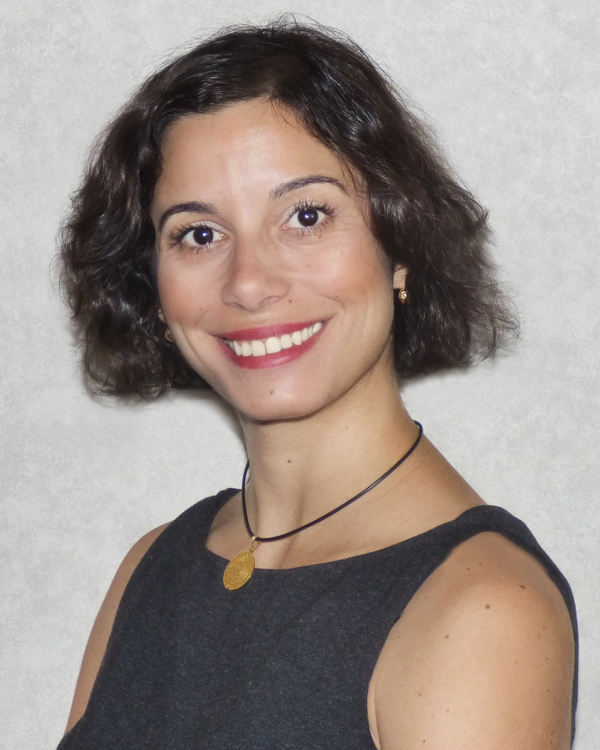
Anne-Ruxandra Carvunis, Ph.D.
University of Pittsburgh Medical School
Project Title: From Non-Coding to Coding: Uncovering the Hidden Coding Potential of Non-Coding Sequences and Its Role in De Novo Gene Evolution
Grant ID: DP2-GM137422
Anne-Ruxandra Carvunis, Ph.D., is an Assistant Professor in the Department of Computational and Systems Biology at the University of Pittsburgh School of Medicine. She is also a founding member of the Pittsburgh Center for Evolutionary Biology and Medicine, and the Associate Director of the Integrative Systems Biology graduate program. Research in the Carvunis laboratory combines evolutionary and systems approaches to decipher the molecular mechanism of change and innovation in biology, with a focus on the emergence of novel genes. Born and raised in Paris, France, Anne-Ruxandra received a BS in Biology/Biochemistry and a Masters in Molecular Neurosciences from Université Paris VI and the Ecole Normale Supérieure of Paris, a second Masters in Interdisciplinary Approaches to Life Sciences from Université Paris VII, and a Ph.D. in Bioinformatics from University of Grenoble. In addition to the NIH Director’s New Innovator Award, she has received a number of distinctions including a Medal of honorable doctoral work, the national L’Oreal-Unesco Award for Women in Science, the NIH Pathway to Independence Award, the Searle Scholars award, and the Trailblazer award from the Ladies Hospital Aid Society
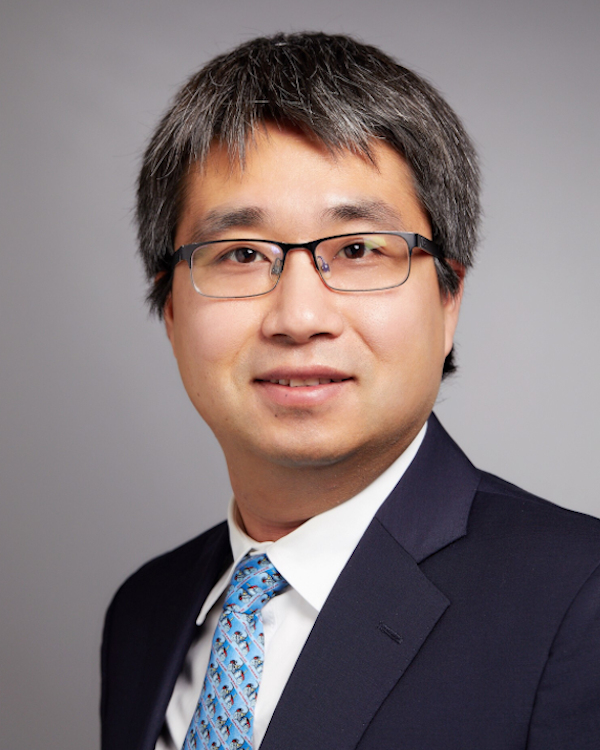
Rui Chang, Ph.D.
Yale University School of Medicine
Project Title: Understand the Little Brain on the Heart: A Molecular and Functional Dissection of the Intrinsic Cardiac Nervous System
Grant ID: DP2-HL151354
Rui Chang is an Assistant Professor in the Departments of Neuroscience and of Cellular and Molecular Physiology at Yale University School of Medicine. Dr. Chang received his B.S. in Biological Sciences and Biotechnology from Tsinghua University and his Ph.D. in Neuroscience from the University of Southern California with Dr. Emily Liman. He completed his postdoctoral training with Dr. Stephen Liberles at Harvard Medical School, where he investigated how body sensory cues are monitored by the brain through the vagus nerve, and how these internal signals regulate whole body physiology. His lab at Yale aims to develop and employ state-of-the-art molecular, genetic, and imaging approaches to better understand the diverse body-to-brain interfaces and to develop novel neuronal-based therapeutic strategies for disease intervention. In addition to the NIH Director’s New Innovator Award, Rui is a recipient of the American Heart Association Postdoctoral Fellowship and the Mentored Research Scientist Development Award from NIDDK.
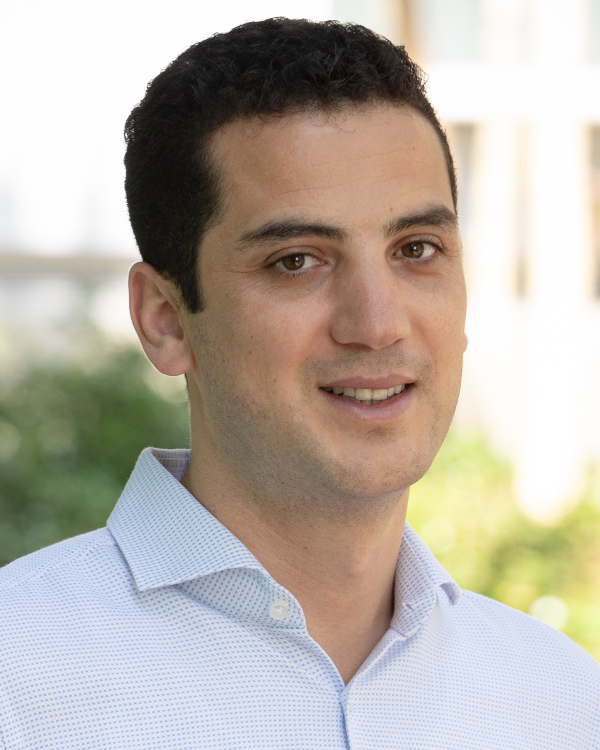
Shadi A. Dayeh, Ph.D.
University of California San Diego
Project Title: Bringing Light to Functional Mapping in Resective Neurosurgery
Grant ID: DP2-EB029757
Funded by the National Institute of Biomedical Imaging and Bioengineering
Shadi Dayeh is a Professor of Electrical and Computer Engineering at UC San Diego. His core expertise is in the field of heterointegrated materials and devices made from a few atoms across all the way to mesoscale, and the utility of these devices in accessing and perturbing neuronal electrochemical activity from individual cells to intact organs. Shadi earned his B.S. in Physics/Electronics from the Lebanese University in Beirut, and M.S. degree in Electrical Engineering from Southern Methodist University where he developed free-standing infrared detectors on flexible substrates. During his PhD at UC San Diego, he established the mechanisms for material growth and charge transport properties in indium arsenide nanowires. At Los Alamos National Laboratory, Shadi was a Director Fellow and then a Distinguished Oppenheimer Fellow and helped establish the germanium/silicon nanowire program where he demonstrated extension of coherency limits in these structures with exquisite control over their material and electronic properties enabling tunnel and heterostructure transistors, spin-valve devices, solar cells and nanoscale Li ion battery anodes. His lab efforts in the last few years enabled clinical research studies for first-in-human electrophysiological recordings with over a thousand of channels, which in addition to the NIH Director’s New Innovator Award, is funded through an NSF CAREER Award and an NSF Scalable Nanomanufacturing Award.
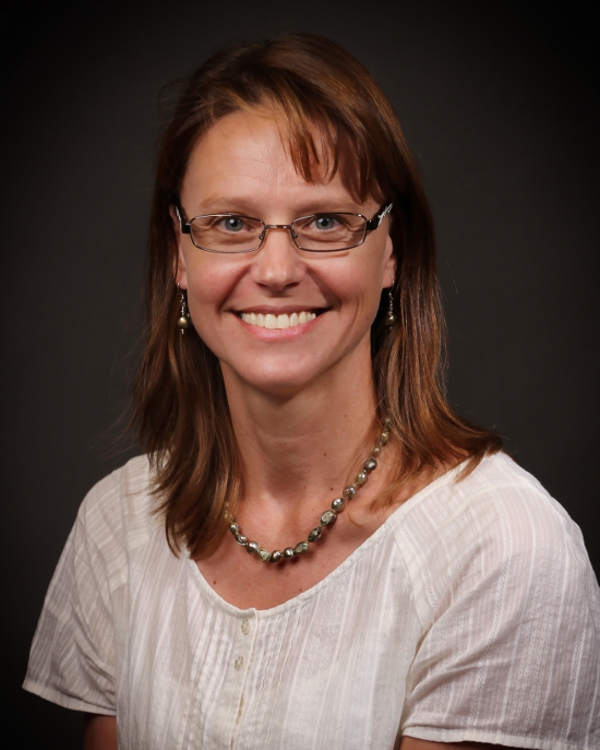
Tara L. Deans, Ph.D.
University of Utah
Project Title: Engineered Platelets for the Targeted Destruction of Circulating Tumor Cells
Grant ID: DP2-CA250006
Tara Deans is an Assistant Professor in the Department of Biomedical Engineering at the University of Utah. She received a Ph.D. in Biomedical Engineering from Boston University where she worked with Dr. James Collins to establish synthetic biology in mammalian systems by building modular genetic circuits for controlling eukaryotic gene expression. Dr. Deans subsequently completed postdoctoral training at Johns Hopkins University under the guidance of Dr. Jennifer Elisseeff where she interfaced synthetic biology with biomaterials to create microenvironments that are capable of controlling intrinsic and extrinsic cellular cues to regulate the spatial and temporal control of gene expression. Now at the University of Utah, Dr. Deans has established a research program in applied synthetic biology to develop novel genetic tools for directing stem cell differentiation, in addition to engineering blood cells as therapeutic diagnostics and drug delivery systems. In addition to the NIH Director’s New Innovator Award, Dr. Deans is a recipient of the NSF CAREER Award, the ONR Young Investigator Award, and the NIH Trailblazer Award.
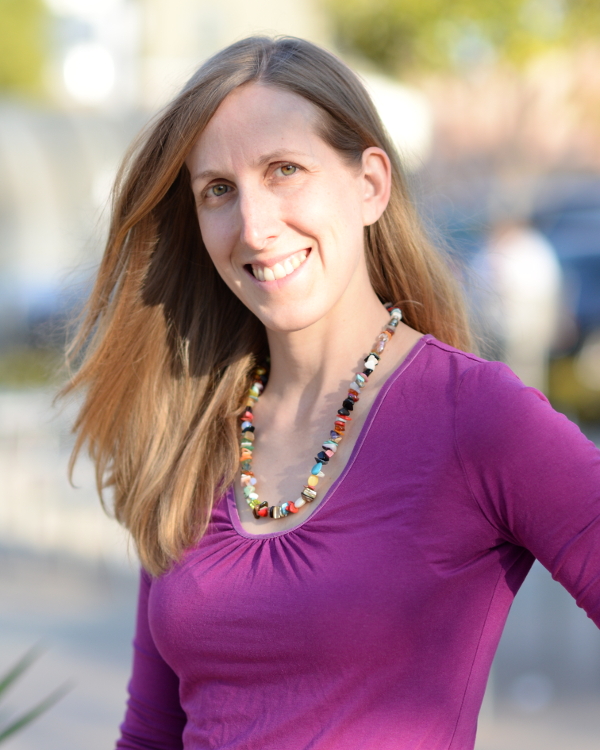
Jennifer A. Dionne, Ph.D.
Stanford University
Project Title: Nano-Optical Reporters of Dynamic Mechanotransduction in the Immune System
Grant ID: DP2-AI152072
Jennifer Dionne is an associate professor of Materials Science and Engineering at Stanford and an affiliate faculty of the Wu Tsai Neurosciences Institute, Bio-X, and the Institute for Immunity, Transplantation, and Infection. She also serves as the director of Stanford’s Photonics Research Center and director of the Photonics at Thermodynamic Limits Energy Frontier Research Center. Jen received her B.S. degrees in Physics and Systems Science and Mathematics from Washington University in St. Louis, her Ph.D. in Applied Physics at the California Institute of Technology in 2009, and her postdoctoral training in Chemistry at Berkeley. Her research develops new materials and microscopies to observe chemical and biological processes as they unfold with nanometer scale resolution. In addition to the NIH Director’s New Innovator Award, her work has been recognized with the Alan T. Waterman Award, a Moore Inventor Fellowship, the Materials Research Society Young Investigator Award, and the Presidential Early Career Award for Scientists and Engineers, and was featured on Oprah’s list of “50 Things that will make you say ‘Wow’!”.
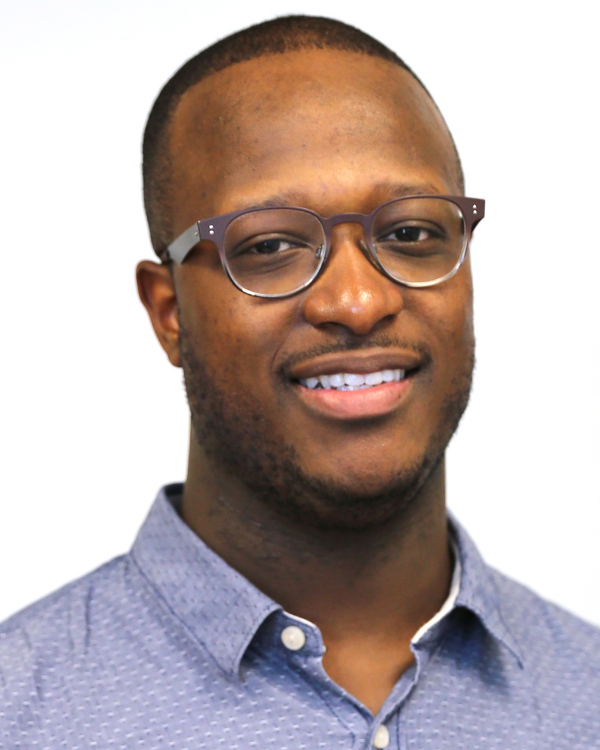
Timothy L. Downing, Ph.D.
University of California, Irvine
Project Title: Spatial Epigenomics: A New Framework for Overcoming Mechanical Heterogeneity in Solid Tumors
Grant ID: DP2-CA250382
Timothy L. Downing is an Assistant Professor in the Departments of Biomedical Engineering and Microbiology & Molecular Genetics (courtesy) at UC Irvine, and a member of the Edwards Lifesciences Cardiovascular Center, NSF-Simons Center for Multiscale Cell Fate Research, Sue & Bill Gross Stem Cell Research Center, Center for Epigenetics & Metabolism, and Chao Family Comprehensive Cancer Center. Timothy received his B.S. in Chemical Engineering in 2008 from Northwestern University and Ph.D. in Bioengineering from UC Berkeley in 2013 under the mentorship of Dr. Song Li. As a Ford Foundation and UNCF/Merck Fellow, Timothy completed his postdoctoral training in stem cell epigenomics with Dr. Alexander Meissner at Harvard University and the Broad Institute (Cambridge, Massachusetts). Timothy’s research focuses on understanding gene regulation during tissue development, regeneration, and disease progression. His laboratory at UC Irvine develops molecular tools and biomaterials to synthetically regulate the epigenome for better control over cell fate and behavior.
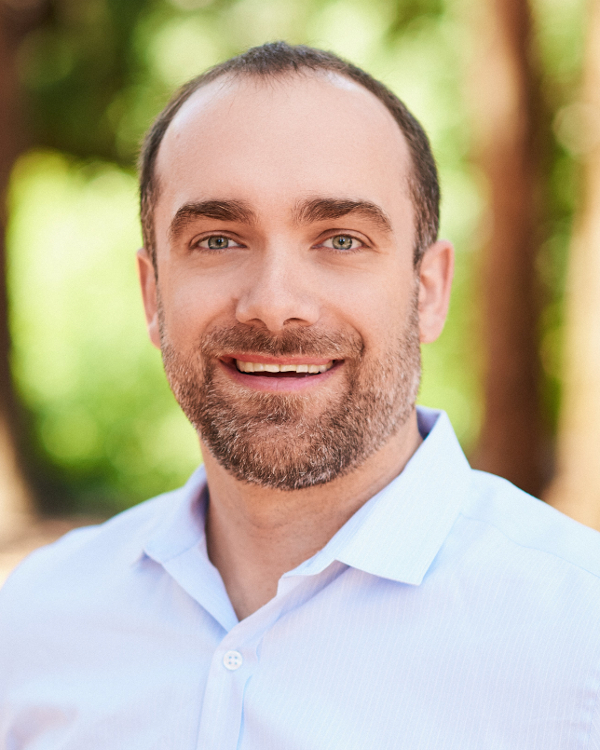
Michel DuPage, Ph.D.
University of California, Berkeley
Project Title: Engineering Precision Cancer Immunotherapy
Grant ID: DP2-CA247830
Michel DuPage is an Assistant Professor of Immunology and Pathogenesis at the University of California, Berkeley. He received his B.A. in Genetics from the University of California, Berkeley working with Thomas Cline, a Ph.D. in Biology from MIT working with Tyler Jacks to pioneer genetically engineered mouse models of cancer for the investigation of immune responses, and a Helen Hay Whitney Fellowship at UCSF with Jeffrey Bluestone focused on the epigenetic control of regulatory T cell (Treg) stability and function. His lab is now focused on identifying mechanisms controlling Treg function in cancers. In addition to the NIH Director’s New Innovator Award, his lab has been awarded scholarships from the St. Baldrick’s Foundation with generous support from Hope with Hazel, the Pew Foundation Pew-Stewart for Cancer Research, and the Parker Institute for Cancer Immunotherapy.
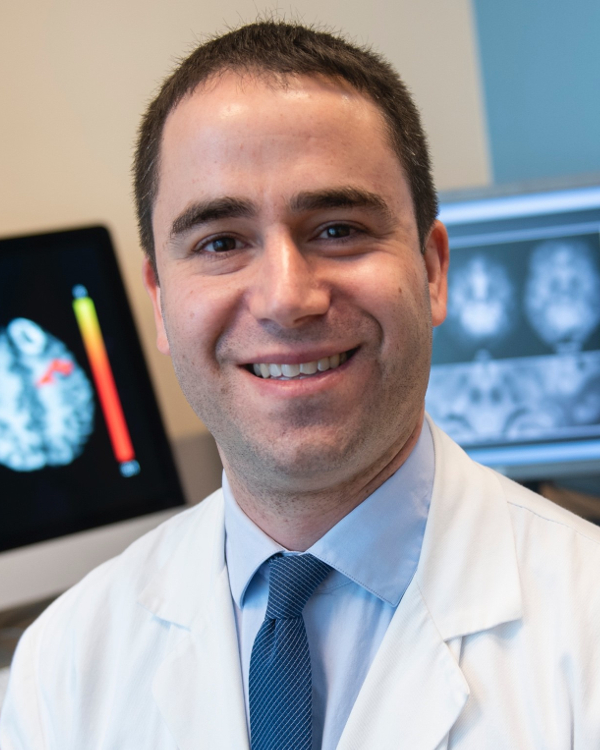
Brian L. Edlow, M.D.
Massachusetts General Hospital (Harvard Medical School)
Project Title: A Connectome-Based Clinical Trial Platform to Promote Early Recovery of Consciousness After Traumatic Coma
Grant ID: DP2-HD101400
Brian Edlow is an Assistant Professor of Neurology at Harvard Medical School and a member of the Neurocritical Care Faculty at Massachusetts General Hospital (MGH). Dr. Edlow received his B.A. at Princeton University and M.D. at the University of Pennsylvania School of Medicine. He trained in Neurology and Neurocritical Care at MGH and Brigham and Women’s Hospital. Dr. Edlow’s lab at the MGH Center for Neurotechnology and Neurorecovery is developing tools to detect, predict, and promote recovery of consciousness in patients with severe traumatic brain injury. In addition to the NIH Director’s New Innovator Award, his lab is also supported by the NIH National Institute of Neurological Disorders and Stroke, James S. McDonnell Foundation, Tiny Blue Dot Foundation, and Rappaport Foundation.
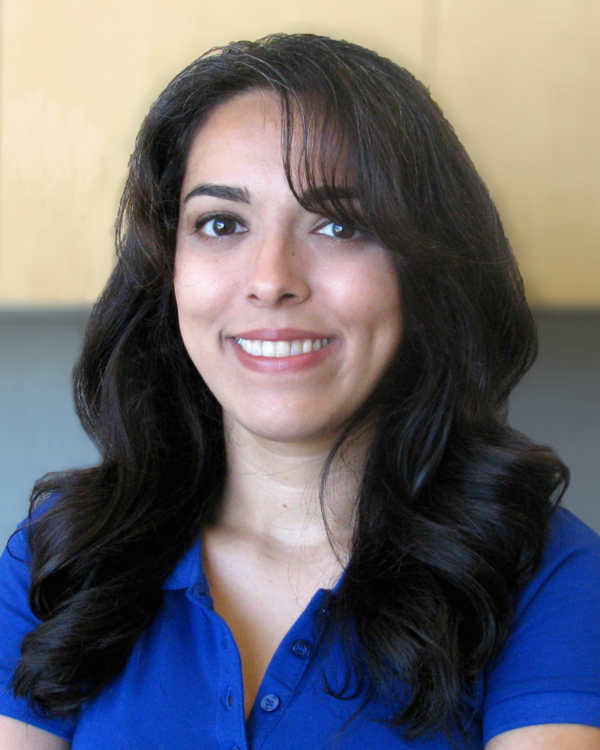
Faranak Fattahi, Ph.D.
University of California, San Francisco
Project Title: Modeling Neurodegenerative Disease Manifestations in Human Enteric Neurons
Grant ID: DP2-NS116769
Faranak Fattahi is a Sandler Fellow in the Department of Biochemistry and Biophysics and the Eli and Edythe Broad Center of Regeneration Medicine and Stem Cell Research at UCSF. Her lab uses human pluripotent stem cells to study the peripheral nervous system development and function and to identify disease mechanisms and new therapeutic targets for peripheral neuropathies. She received her undergraduate training at the University of Tehran and her graduate training at Weill Cornell Graduate School of Medical Sciences and Memorial Sloan Kettering Cancer Center with Dr. Lorenz Studer. Her research is also supported by the UCSF Sandler foundation, March of Dimes, the American Gastroenterological Association and the Rome Foundation.
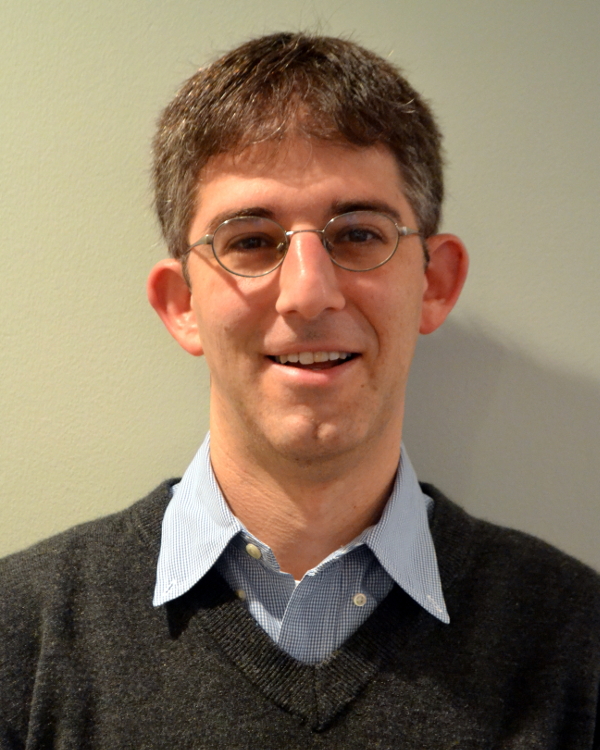
Paul L. Greer, Ph.D.
University of Massachusetts Medical School
Project Title: Elucidating the Role of a Novel Family of Chemoreceptor in Alzheimers Disease
Grant ID: DP2-AG067490
Funded by the National Institute on Aging
Dr. Greer completed his doctoral studies in the laboratory of Dr. Michael Greenberg at Harvard Medical School where he studied mechanisms of neuronal synapse development. He then trained as a postdoctoral fellow in the laboratory of Dr. Sandeep Robert Datta at Harvard Medical School where he uncovered a novel mechanism by which vertebrates sense behaviorally relevant olfactory stimuli. In 2017 he started his own laboratory at the University of Massachusetts Medical School, which is studying the neural basis by which animals respond appropriately to environmental chemical cues. His lab has also begun to investigate the role of microglia in Alzheimer's Disease.
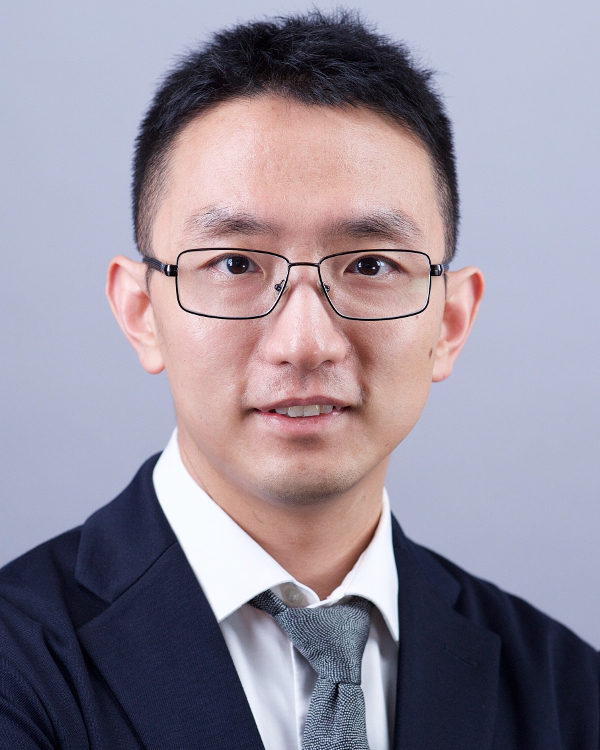
Chun-Jun Guo, Ph.D.
Weill Cornell Medicine
Project Title: An Integrative and Generalizable Approach to Modulate Microbiota Small Molecules in the Host
Grant ID: DP2-HD101401
Chun-Jun (CJ) Guo is an Assistant Professor in the Jill Roberts Institute for Research in Inflammatory Bowel Disease, Department of Medicine at Weill Cornell Medicine. He received his B.Sc. in Pharmacy from the School of Pharmacy, Fudan University, China in 2009, and his Ph.D. from the School of Pharmacy, the University of Southern California in 2015, where he studied fungal secondary metabolism in Dr. Clay Wang’s group. As a postdoctoral fellow, he worked with Dr. Michael Fischbach at Stanford University where he studied small molecules produced by the human microbiota. Started in 2018, his lab at Weill Cornell Medicine aims to develop new tools to genetically manipulate the human microbiota and investigate the molecular mechanisms behind microbiome-host physiology interaction.
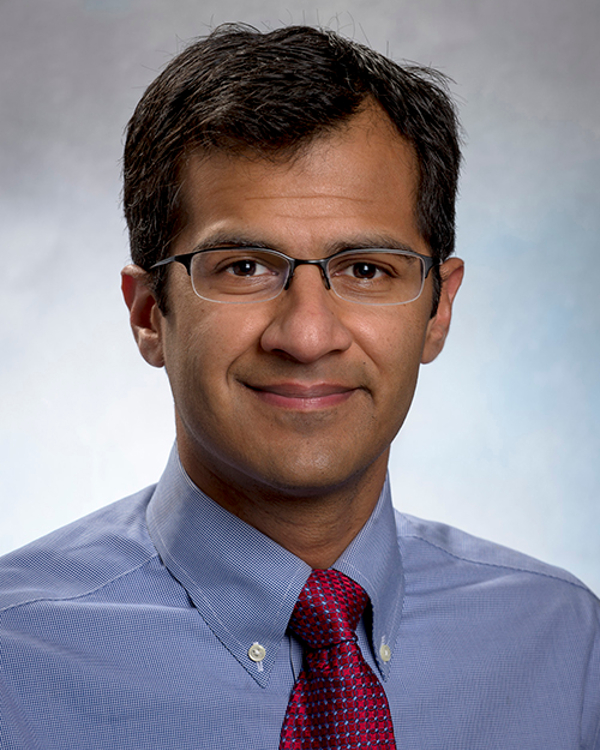
Rajat Gupta, M.D.
Brigham and Women's Hospital, Broad Institute of Harvard and MIT, and Harvard University
Project Title: A Genetic Approach to Identify the Common Mechanisms of Vascular Disease
Grant ID: DP2-HL152423
Rajat Gupta, M.D. is a cardiologist at Brigham and Women's Hospital with a research laboratory in the Divisions of Cardiovascular Medicine and Genetics. His research is focused on identifying new treatments for vascular disease using human genetics to discover the causal biologic pathways. As a post-doctoral fellow at the Broad Institute he studied the gene regulatory effects of non-coding genetic variation associated with vascular diseases. Dr. Gupta graduated from the University of Pennsylvania School of Medicine (2007) and completed Internal Medicine residency training at Massachusetts General Hospital (2010), cardiology fellowship at Brigham and Women’s Hospital (2014), and a post-doctoral fellowship in Human Genetics at the Broad Institute of Harvard and MIT (2016).
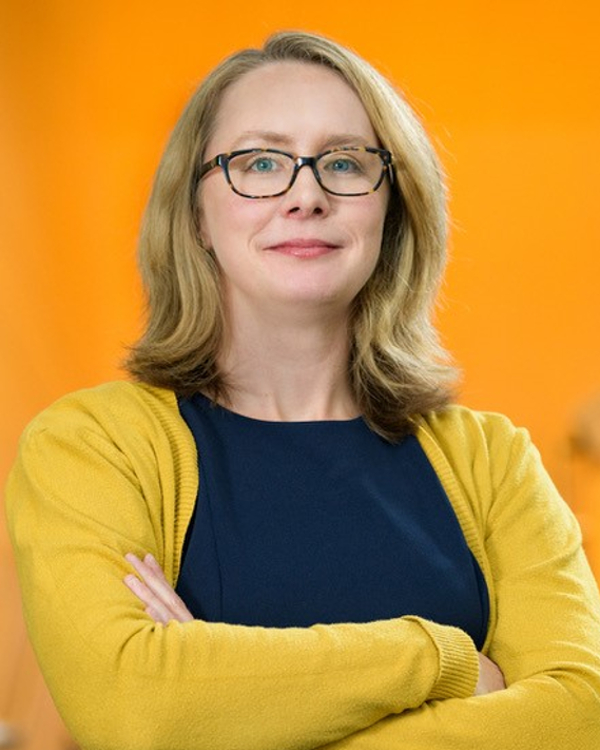
April M. Kloxin, Ph.D.
University of Delaware
Project Title: Unraveling Fibrosis with Dynamic Microenvironments and Molecular Tools
Grant ID: DP2-HL152424
April M. Kloxin, Ph.D., is an Associate Professor in Chemical and Biomolecular Engineering and Materials Science and Engineering at the University of Delaware (UD) and a member of the Breast Cancer Research Program at the Helen F. Graham Cancer Center and Research Institute in the Christiana Care Health System. She obtained her B.S. and M.S. in Chemical Engineering from North Carolina State University and Ph.D. in Chemical Engineering from the University of Colorado, Boulder, as a NASA Graduate Student Research Program Fellow, and trained as a Howard Hughes Medical Institute Postdoctoral Research Associate at the University of Colorado, Boulder. Her multi-disciplinary group creates unique materials with multiscale property control and applies them in conjunction with other innovative molecular tools for addressing outstanding problems in human health, with a focus on understanding dynamic cell-microenvironment interactions in wound healing, fibrosis, and cancer. In addition to the NIH Director’s New Innovator Award, she is a recipient of a Susan G. Komen Foundation Career Catalyst Research award, a NSF CAREER award, and a Pew Scholars in Biomedical Sciences award.
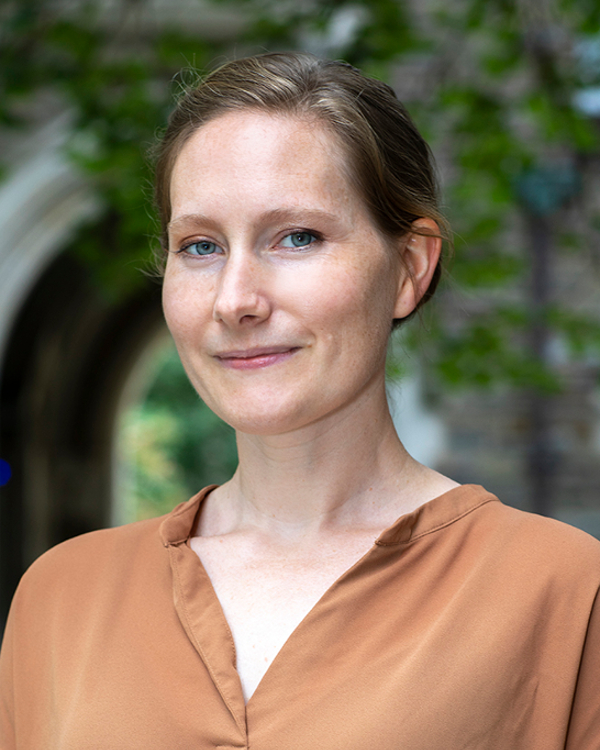
Sarah Kocher, Ph.D.
Princeton University
Project Title: What Makes - and Breaks - a Social Brain?
Grant ID: DP2-GM137424
Sarah Kocher is an Assistant Professor at Princeton University, jointly appointed in the Department of Ecology and Evolutionary Biology and the Lewis-Sigler Institute for Integrative Genomics. She received her Ph.D. in Genetics from North Carolina State University, where she studied behavioral ecology and quantitative genetics under the mentorship of Drs. Christina Grozinger and Trudy Mackay. As a postdoctoral fellow with Drs. Naomi Pierce and Hopi Hoekstra in the Department of Organismic and Evolutionary Biology at Harvard, she developed halictid bees as a model system to examine how genetic and environmental factors shape variation in social behavior. Her lab’s research bridges the gap between population and evolutionary genetics, neurobiology, and behavior to uncover the core neurobiological and genetic mechanisms that shape the ‘social brain’.
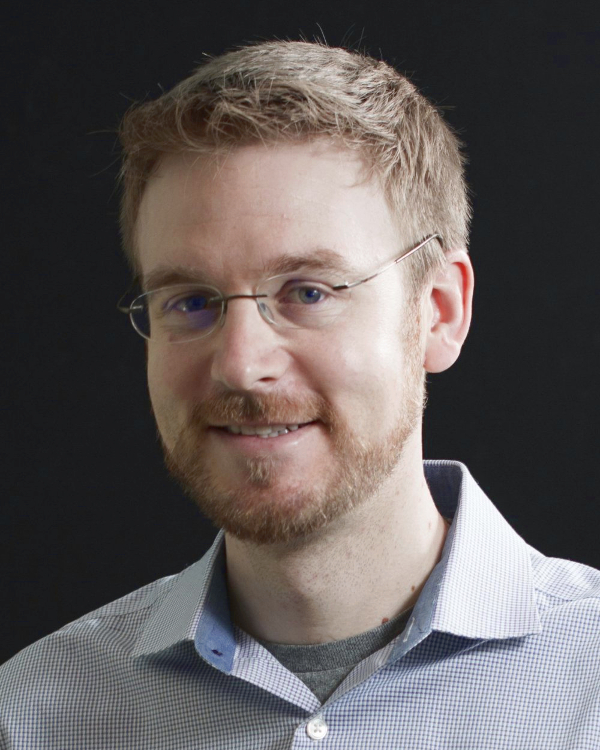
Wesley R. Legant, Ph.D.
University of North Carolina - Chapel Hill and North Carolina State University
Project Title: Connecting the Dots Between Single Molecule Dynamics and Cell Differentiation
Grant ID: DP2-GM136653
Wesley Legant is an Assistant Professor in the University of North Carolina/NC State joint department of Biomedical Engineering and in the department of Pharmacology at the University of North Carolina in Chapel Hill. Dr. Legant received his B.S. in Biomedical Engineering from Washington University in St. Louis, and his Ph.D. in Bioengineering with Christopher Chen at the University of Pennsylvania, where he developed microfabrication approaches to understand how mechanical forces are generated and sensed by cells and tissues. As part of this program, he received a one-year Whitaker International Fellowship to work with Viola Vogel at ETH Zurich to measure how these forces reorganize the fibronectin matrix in engineered tissues. After his Ph.D., he pursued post-doctoral research with Eric Betzig developing new super-resolution and light sheet fluorescence microscopy approaches at HHMI Janelia Research Campus. His current research integrates these new engineering, microscopy, and image analysis tools to tackle fundamental questions in cell biology ranging from how cells move throughout the body to how groups of genes are turned on and off within the nucleus.
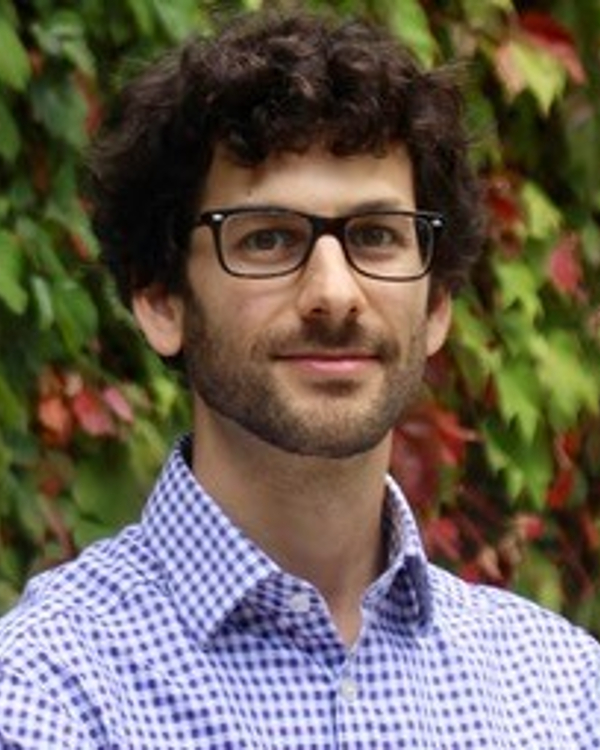
Andrew M. Leifer, Ph.D.
Princeton University
Project Title: Probing Brain-Wide Functional Connectivity During Behavior
Grant ID: DP2-NS116768
Andrew Leifer, Ph.D., is an Assistant Professor of Physics and Neuroscience at Princeton University. He obtained a B.S. in Physics and B.A. in Political Science at Stanford University in 2007 and earned his Ph.D. in Biophysics from Harvard University in 2012 under the guidance of Professor Aravinthan Samuel. He then received a Lewis-Sigler Fellowship to form his own independent research group at Princeton University, where he subsequently joined the faculty in 2016. His laboratory uses novel optical methods to manipulate and monitor brain-wide neural activity in the nematode C. elegans to reveal the interplay between neural dynamics, neural connectivity, and animal behavior. He is an Investigator in the Simons Collaboration on the Global Brain and a recipient of the National Science Foundation's CAREER Award.
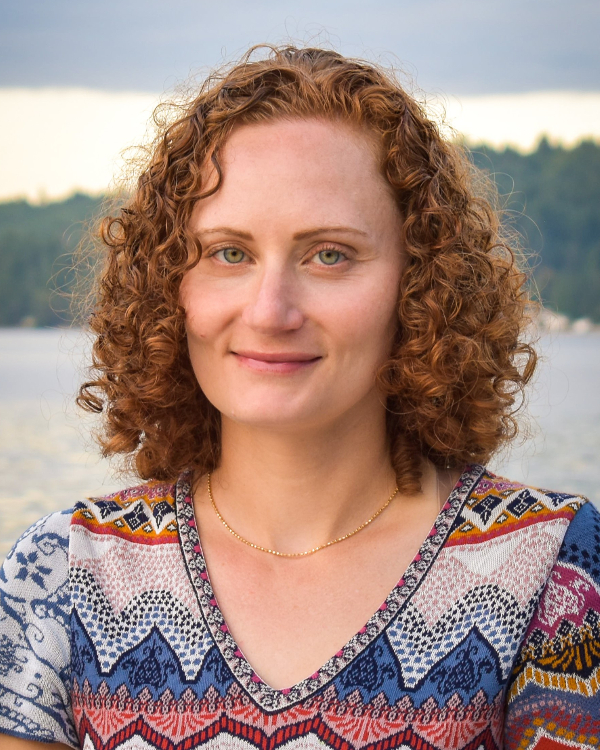
Talia Lerner, Ph.D.
Northwestern Feinberg School of Medicine
Project Title: How Early-Life Experiences Create Individual Variation in Dopamine Circuit Architecture: Understanding Risk for Psychiatric Disease
Grant ID: DP2-MH122401
Talia Lerner is an Assistant Professor in the Department of Physiology at Northwestern University Feinberg School of Medicine in Chicago, IL. She received her B.S. in Molecular Biophysics and Biochemistry from Yale University and her Ph.D. in Neuroscience from The University of California, San Francisco. She then conducted postdoctoral research at Stanford University in the laboratory of Karl Deisseroth. Dr. Lerner’s research is focused on understanding how dopamine circuits regulate reward learning and habit formation, and how individual differences in dopamine circuit architecture contribute to the risk for neuropsychiatric disorders. In addition to the NIH Director’s New Innovator Award, the Lerner Lab is supported by a NARSAD Young Investigator Award and an NIH Pathway to Independence Award.
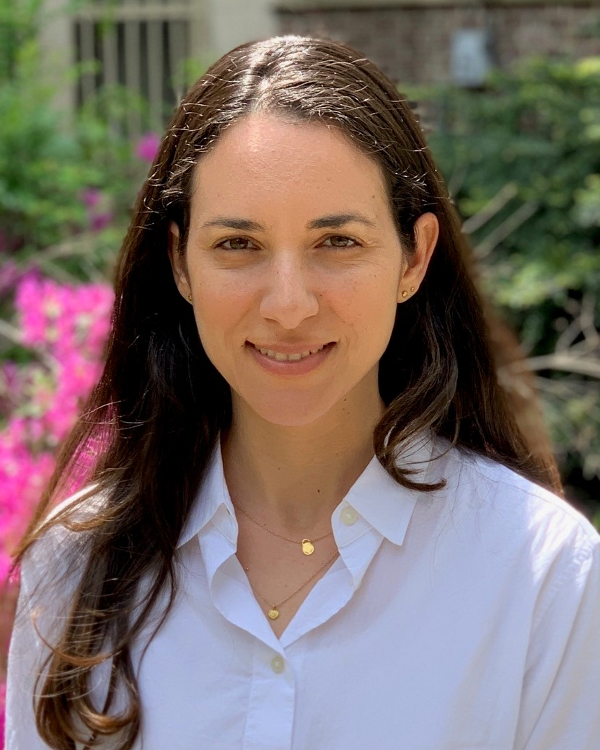
Maayan Levy, Ph.D.
University of Pennsylvania
Project Title: Post-Biotic Interventions to Ameliorate Age-Related Inflammation
Grant ID: DP2-AG067511
Funded by the National Institute on Aging
Maayan Levy is an Assistant Professor in the Microbiology Department of the Perelman School of Medicine at the University of Pennsylvania. Her lab studies the role of host-microbiome interactions in infectious and inflammatory diseases, with a particular focus on the role of microbial metabolites. She received her B.Sc. from Tel Aviv University and her M.Sc. and Ph.D. from the Weizmann Institute of Science. During her Ph.D. studies in the laboratory of Prof. Eran Elinav in the Immunology Department at the Weizmann Institute of Science, she elucidated several new mechanisms of host-microbial crosstalk at the intestinal mucosal surface. After completion of her graduate work, she established her research group at the University of Pennsylvania in 2018. In addition to the NIH Director’s New Innovator Award, Dr. Levy received the Dimitris Chorafas Foundation Award, the Rappaport Prize for a Young Scientist, and the Searle Scholar Award.
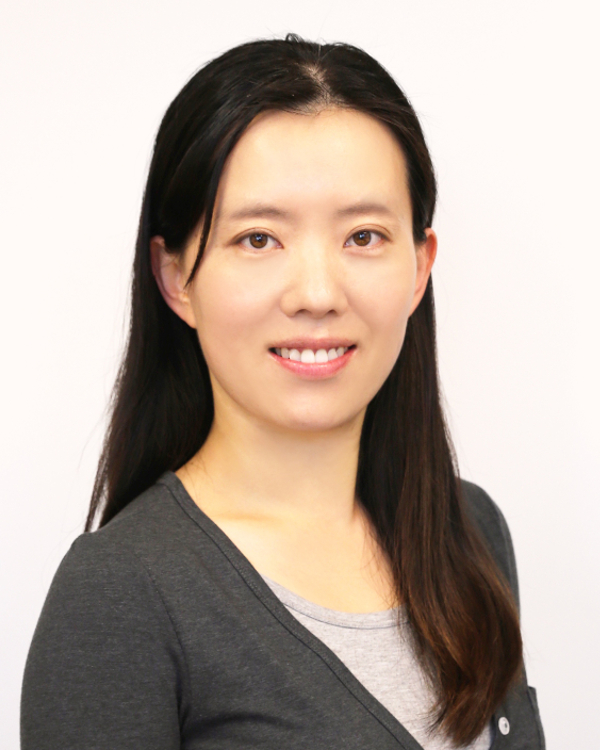
Han Li, Ph.D.
University of California, Irvine
Project Title: Engineering an Unnatural Redox Cofactor (Uredox) System for Efficient Biosynthesis of Medicines
Grant ID: DP2-GM137427
Funded by the National Institute of General Medical Sciences
Dr. Han Li obtained her B.S. degree in Biological Sciences from Tsinghua University, Beijing, in 2008, and her Ph.D. degree in Molecular Biology from University of California, Los Angeles, in 2013. From 2013 to 2015, she conducted post-doctoral research on chemical biology and synthetic biology at The Scripps Research Institute, La Jolla. In 2015, she joined the faculty of Chemical and Biomolecular Engineering Department at University of California, Irvine.
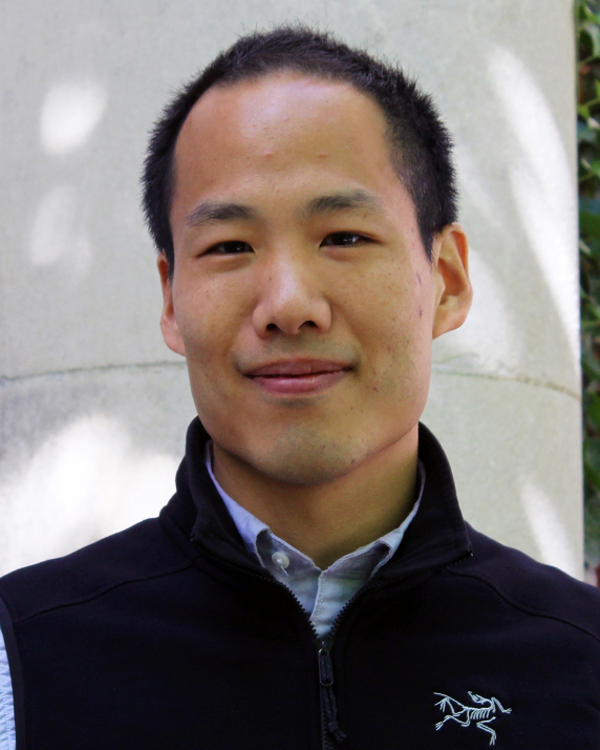
Brian B. Liau, Ph.D.
Harvard University
Project Title: Mapping Structure-Activity Relationships of Chemical Inhibitors Via Genome-Editing
Grant ID: DP2-GM137494
Funded by the National Institute of General Medical Sciences
Brian Liau is an assistant professor in the Department of Chemistry and Chemical Biology at Harvard University. He obtained his bachelor’s degree in Chemistry and Physics from Harvard College, before receiving a Ph.D. in Chemistry from Harvard University under the guidance of Dr. Matthew Shair. During his Ph.D. studies, Brian completed the chemical synthesis of complex bioactive natural products and investigated their biological mechanism of action. As a postdoctoral fellow with Dr. Bradley Bernstein at Massachusetts General Hospital, he studied epigenomic mechanisms of adaptation and drug resistance in brain cancer. Currently, his research group is developing new approaches that combine genome-editing with chemical inhibitor profiling to investigate drug-target structure-function relationships.
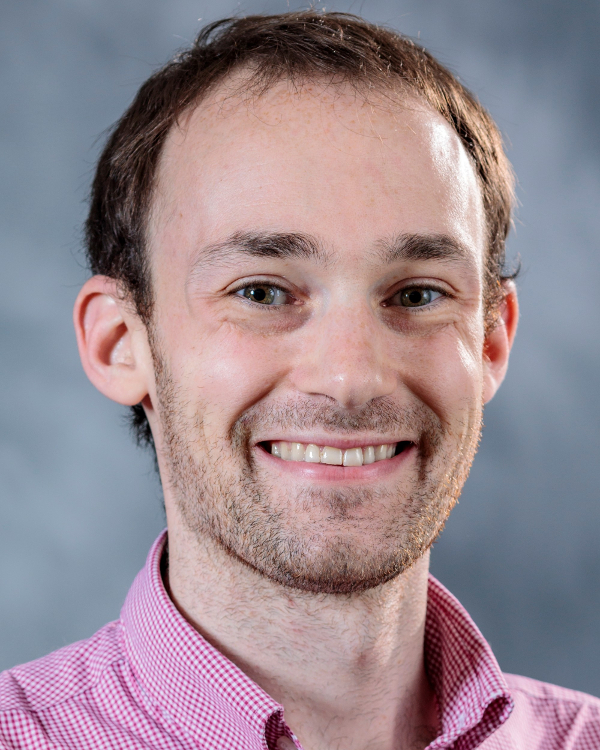
Alex Luedtke, Ph.D.
University of Washington and Fred Hutchinson Cancer Research Center
Project Title: High-Resolution Inference for Correlates of Vaccine Protection
Grant ID: DP2-LM013340
Dr. Luedtke is an Assistant Professor in the Department of Statistics at the University of Washington, and an Affiliate Assistant Member in the Vaccine and Infectious Disease Division at Fred Hutchinson Cancer Research Center. He received his Sc.B. in Applied Mathematics from Brown University and his Ph.D. in Biostatistics from the University of California, Berkeley. In his dissertation, he solved several open problems regarding the evaluation of optimal individualized treatment strategies. His current work leverages tools from machine learning to construct statistical procedures that answer questions arising in public health, with a special emphasis on those in infectious disease prevention research. He also serves as a lead statistician on two HIV vaccine efficacy trials.
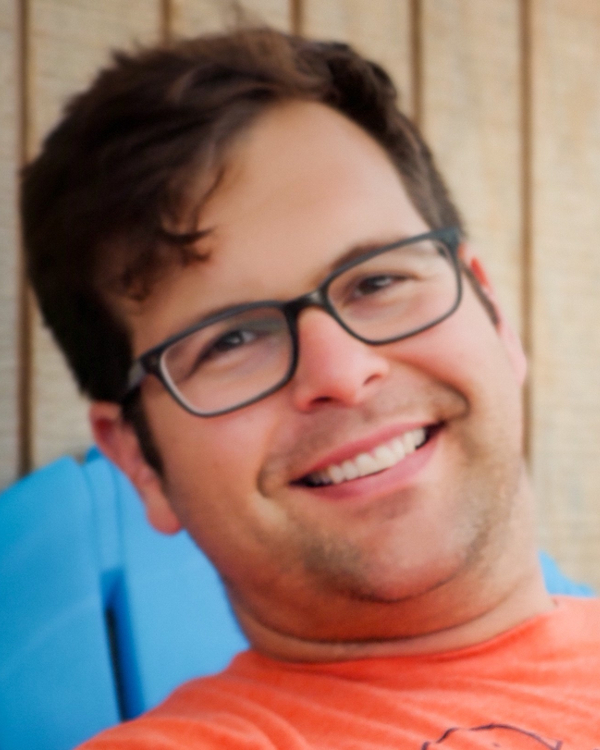
Tyler H. McCormick, Ph.D.
University of Washington
Project Title: Big Data, Big Models, and Big Bias?: A Decision Making Framework for Vital Rate Estimates Based on Extrapolation
Grant ID: DP2-MH122405
Funded by the National Institute of Mental Health
Tyler's work develops statistical models for inference and prediction in scientific settings where data are sparsely observed or measured with error. His recent projects include estimating features of social networks (e.g. the degree of clustering or how central an individual is) using data from standard surveys, inferring a likely cause of death (when deaths happen outside of hospitals) using reports from surviving caretakers, and quantifying & communicating uncertainty in predictive models for global health policymakers. He holds a Ph.D. in Statistics (with distinction) from Columbia University and, along with the Director's New Innovator Award, is the recipient of an NIH Career Development (K01) Award, Army Research Office Young Investigator Program Award, and a Google Faculty Research Award. Currently, he is an Associate Professor of Statistics and Sociology at the University of Washington, where he is also a core faculty member in the Center for Statistics and the Social Sciences and a Senior Data Science Fellow in the eScience Institute. Tyler serves as the Editor for the Journal of Computational and Graphical Statistics (JCGS).
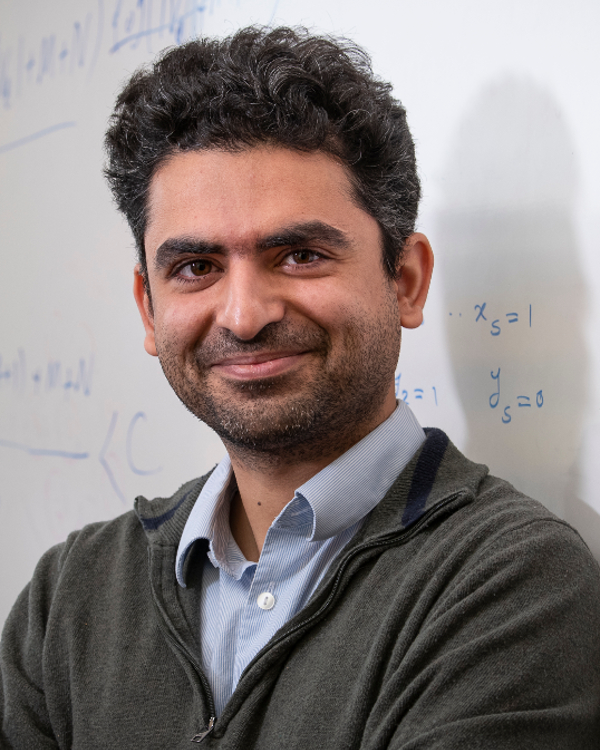
Hosein Mohimani, Ph.D.
Carnegie Mellon University
Project Title: Discovering Novel Small Molecule Antibiotics from Complex Microbial Communities by Integrating Computational Mass Spectrometry and Metagenome Mining
Grant ID: DP2-GM137413
Funded by the National Institute of General Medical Sciences
Hosein Mohimani is an assistant professor in the Computational Biology Department, School of Computer Science, Carnegie Mellon University. He received his Ph.D. from University of California, San Diego, under the supervision of Dr. Pavel Pevzner and Dr. Pieter Dorrestein. During his Ph.D. and PostDoc at UCSD, Hosein developed computational methods for discovering novel antimicrobial natural products from microbial environments through the computational analysis of mass spectrometry and genomic data. At CMU, his lab develops algorithms and machine learning approaches for the analysis of large proteomics, metabolomics and microbiome data. Hosein is a recipient of the 2019 Sloan research fellowship.
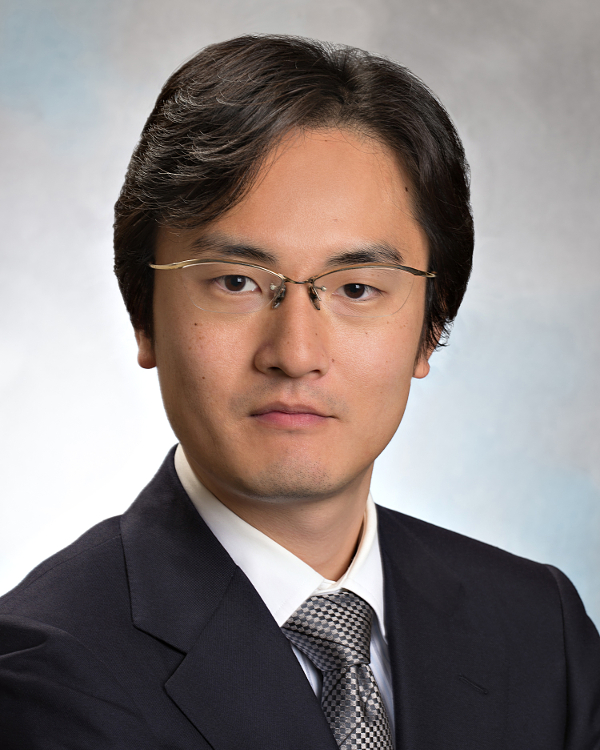
Ryuji Morizane, M.D., Ph.D.
Massachusetts General Hospital, Harvard Medical School, Harvard Stem Cell Institute, and Wyss Institute for Biologically Inspired Engineering
Project Title: Recreating Kidney Organogenesis In Vitro with Human Pluripotent Stem Cells
Grant ID: DP2-EB029388
Ryuji is currently a Principal Investigator at Massachusetts General Hospital, Harvard Medical School. He has pioneered research in stem cell differentiation and kidney organoids. He directs research groups focused on kidney regenerative medicine, genome editing in stem cells, and kidney disease modeling with kidney organoids.

Mandar Deepak Muzumdar, M.D.
Yale University
Project Title: Defining Tumor Cell and Host Adaptations in Cancer Progression
Grant ID: DP2-CA248136
Mandar Deepak Muzumdar is an Assistant Professor in the Yale Cancer Biology Institute and the Departments of Genetics and Medicine in the School of Medicine at Yale University. He received his A.B. in Biochemical Sciences from Harvard College followed by an M.D. from the Stanford University School of Medicine, where he worked with Dr. Liqun Luo developing mouse models for high-resolution genetic analysis. He pursued clinical training in Internal Medicine and Medical Oncology at the Brigham and Women’s Hospital, Dana-Farber Cancer Institute, and Massachusetts General Hospital and completed a postdoctoral fellowship in cancer biology with Dr. Tyler Jacks at the Koch Institute at MIT. As a physician-scientist, Dr. Muzumdar is interested in understanding the molecular mechanisms by which genetic and environmental factors contribute to cancer initiation, progression, and maintenance to identify novel strategies for cancer prevention and treatment. Leveraging genetically engineered mouse models that closely recapitulate human cancers, his group studies tumor cell and host adaptations that cooperate with gene mutations to drive early cancer progression.
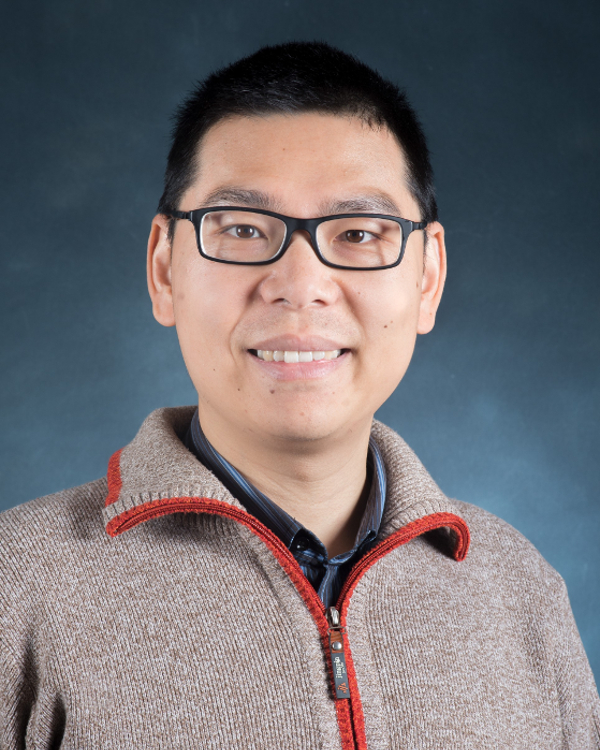
Jia Niu, Ph.D.
Boston College
Project Title: Development of Compact CRISPR Editors for Multiplexed Editing of Complex Gene Networks
Grant ID: DP2-HG011027
Jia Niu is an Assistant Professor in the Department of Chemistry at Boston College. He obtained his B.S. and M.S. in Chemistry from Tsinghua University, before receiving his Ph.D. from Harvard University, advised by Professor David R. Liu, for the development of an enzyme-free translation system capable of generating sequence-defined synthetic polymers from DNA templates. As a postdoctoral scholar with professors Craig J. Hawker and H. Tom Soh at the University of California, Santa Barbara, he worked on cytocompatible polymerization and new aptamer selection strategies. At Boston College, the Niu lab conducts interdisciplinary research centered on creating precision functional macromolecules to address the pressing needs in biomedicine, materials, and environmental sciences. In addition to the New Innovator Award from the NIH, he is also the recipient of the Beckman Young Investigator Award and Thieme Chemistry Journals Award.
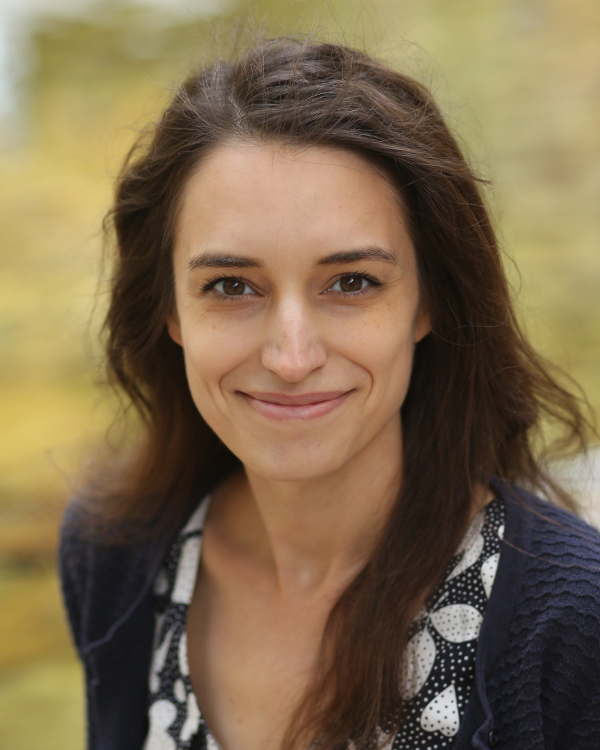
Lauren A. O'Connell, Ph.D.
Stanford University
Project Title: Dietary Tuning of Infant Social Communication
Grant ID: DP2-HD102042
Lauren O’Connell is an Assistant Professor in the Department of Biology at Stanford University. Dr. O’Connell started at community college and then transferred to Cornell University where she obtained her B.S. in Biological Sciences. After obtaining her Ph.D. at the University of Texas at Austin, Dr. O’Connell received a Bauer Fellowship from Harvard University to start her own research group in the Center for Systems Biology where she developed poison frogs as a model system to study the neural basis of social decision-making. Her lab now uses social tadpoles that beg parents for food to understand how nutrition during development influences brain organization and function in neonates. In addition to the NIH Director’s New Innovator Award, her lab is supported by the Rita Allen Foundation and a National Science Foundation CAREER Award.
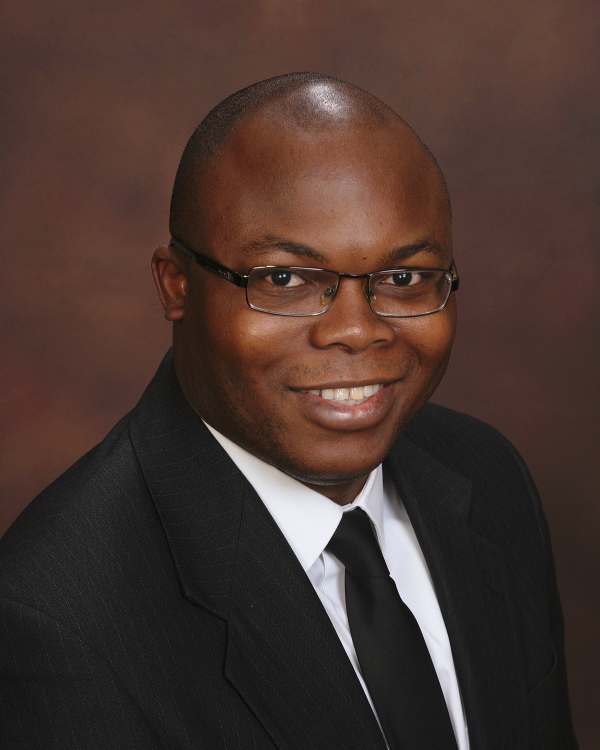
Opeyemi A. Olabisi, M.D., Ph.D.
Duke University
Project Title: A Human Stem Cell-Derived Podocyte Model for APOL1 Nephropathy
Grant ID: DP2-DK124891
Opeyemi Olabisi is an Assistant Professor in Department of Medicine at Duke University and a member of Duke Molecular Physiology Institute. He received his B.Sc. in Biology Summa cum laude from The City College of New York, and M.D., Ph.D. degrees from Albert Einstein College of Medicine, NY where he studied NFAT signaling with Dr. Chi-Wing Chow. Following residency training in internal medicine at Massachusetts General Hospital (MGH) and Nephrology fellowship at the Harvard combined MGH-Brigham and Women’s Hospital Nephrology programs, he performed his postdoctoral research in the laboratory of Dr. Martin Pollak at Beth Israel Deaconess Medical Center where he studied cytotoxicity of variants APOL1 using zebrafish and mammalian cell lines. As an independent investigator at MGH, his lab focused on using innovative strategies including human stem cell-derived podocytes to elucidate the molecular mechanism and incomplete penetrance of APOL1 nephropathy (he will continue this work at Duke). In addition to the NIH New Innovator Award, Opeyemi is a recipient of the Harold Amos Medical Faculty Development Award (Robert Wood Johnson Foundation).
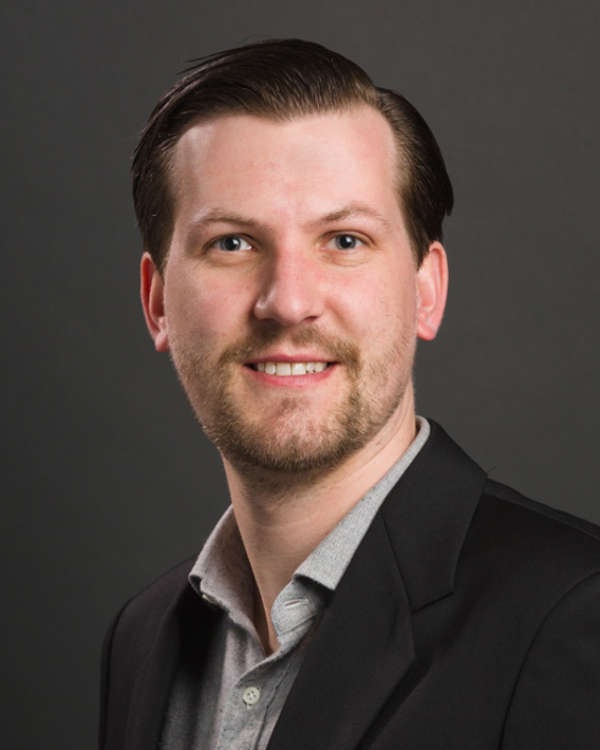
Noah W. Palm, Ph.D.
Yale University School of Medicine
Project Title: A Forward Chemical Genetic Screen to Illuminate the Dark Matter of the Bioactive Microbiota Metabolome
Grant ID: DP2-DK125119
Noah W. Palm, Ph.D., is an Assistant Professor of Immunobiology at Yale University School of Medicine, where his lab focuses on understanding how the trillions of microbes that live in and on us (our microbiota) interact with and influence their mammalian hosts. His work particularly emphasizes the development of new technologies to deconvolute complex host-microbiota interactions and reveal causal roles for the microbiota in human health and disease. Dr. Palm received his B.A. in Biology from Macalester College and performed doctoral work with Dr. Ruslan Medzhitov and postdoctoral work with Dr. Richard Flavell, both at Yale University. He is the recipient of multiple honors and awards, including a Smith Family Foundation Award for Excellence in Biomedical Research and a Pew Biomedical Scholar Award.
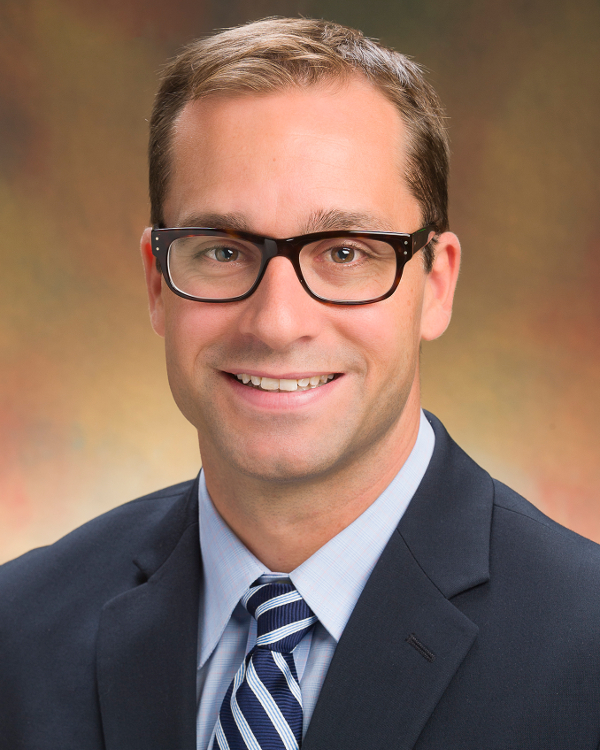
William H. Peranteau, M.D.
The Children's Hospital of Philadelphia
Project Title: In Utero CRISPR-Mediated Gene Editing to Cure Congenital Monogenic Disorders
Grant ID: DP2-HL152427
William Peranteau is an Assistant Professor in the Department of Surgery at the Children’s Hospital of Philadelphia and the Perelman School of Medicine at the University of Pennsylvania. He received his B.A. in Molecular Biology from Princeton University and his M.D. from the University of Pennsylvania. During medical school and a postdoctoral research fellowship, Bill studied prenatal cellular therapies for congenital hematologic diseases under the mentorship of Dr. Alan Flake in the Center for Fetal Research at the Children’s Hospital of Philadelphia. Bill completed his clinical training in general surgery at the Brigham and Women’s Hospital and in pediatric and fetal surgery at the Children’s Hospital of Philadelphia. His clinical practice directly informs his current research which focuses on developing prenatal gene therapies, including gene editing, in mid to late gestation fetuses to treat genetic diseases before birth.
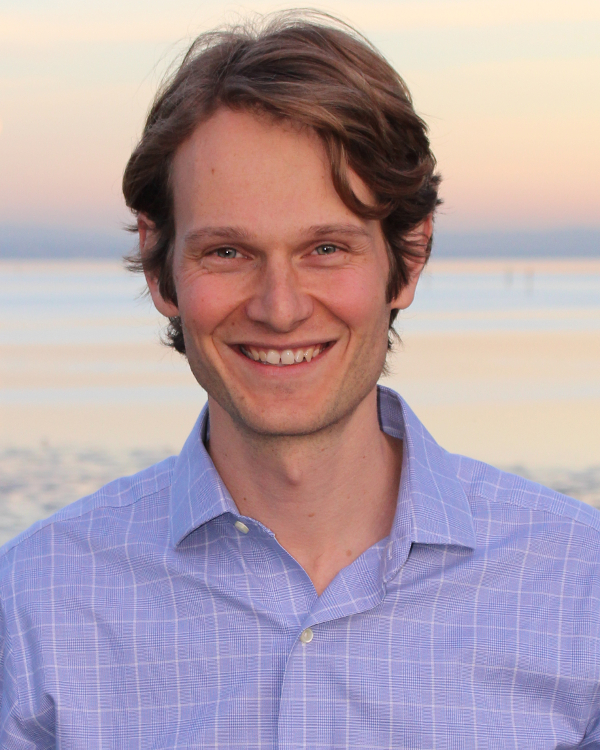
Alex A. Pollen, Ph.D, M.Sc.
University of California, San Francisco
Project Title: Establishing a Stem Cell Biology Platform for Decoding the Genetic Basis of Human Brain Specializations
Grant ID: DP2-MH122400
Alex Pollen is a principal investigator at the Eli & Edythe Broad Center for Regeneration Medicine and an Assistant Professor in the Department of Neurology at the University of California-San Francisco (UCSF). His lab combines advances in single cell genomics, genome engineering, and great ape cerebral organoids to study specialized features and vulnerabilities of the human brain. Alex received training in evolutionary genetics and neuroscience during his Ph.D. studies with David Kingsley at Stanford University and training in stem cell biology and cortical development during his postdoctoral studies with Arnold Kriegstein at UCSF. As a postdoctoral fellow, Alex identified molecular specializations of outer radial glia that may contribute to the developmental and evolutionary expansion of the cerebral cortex. His research has been recognized by awards from the Cajal Club, the Damon Runyon Research Foundation, and the Schmidt Futures Foundation.
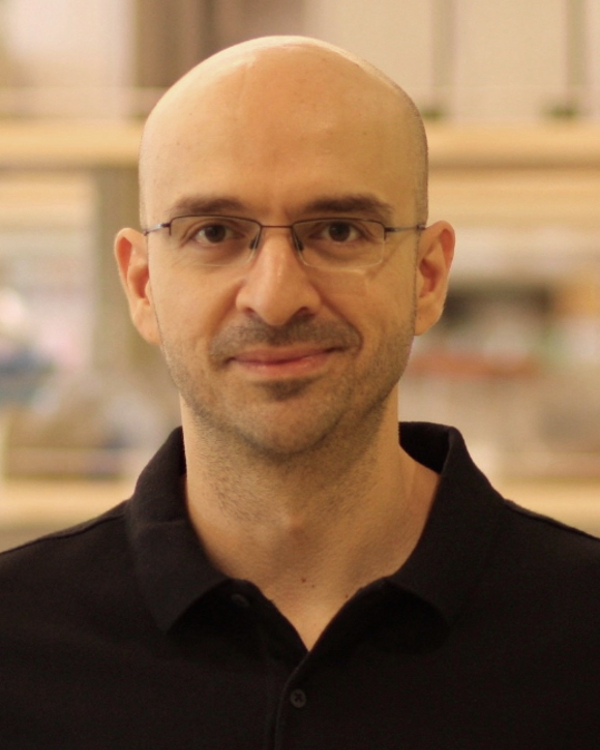
Alexandros Poulopoulos, Ph.D.
University of Maryland School of Medicine
Project Title: Untangling the Biology of Brain Wiring: High-Throughput Innovations for Molecular Screening and Functional Targeting of Circuit Development In Vivo
Grant ID: DP2-MH122398
Alexandros Poulopoulos is an Assistant Professor in the Department of Pharmacology at the University of Maryland School of Medicine in Baltimore, where his lab studies how neurons make distant connections to form circuits in the brain. Alex studied biology in Greece at the University of Athens, and neuroscience in Germany at the University of Göttingen, receiving a Ph.D. for his work on the molecular mechanisms of synaptogenesis in the lab of Nils Brose at the Max Planck Institute of Experimental Medicine. He moved to the US for a postdoc in the lab of Jeffrey Macklis at Harvard University, where he developed growth cone sorting and the ability to obtain subcellular transcriptome and proteome data from neurons forming connections in the rodent brain. Alex's lab in Baltimore is developing new in vivo genome engineering tools to enable gene modification directly in the brain in order to investigate how neural circuits are wired, how wiring goes wrong in conditions like epilepsy, autism, and schizophrenia, and how genome engineering can be used to ameliorate wiring pathologies of the nervous system.
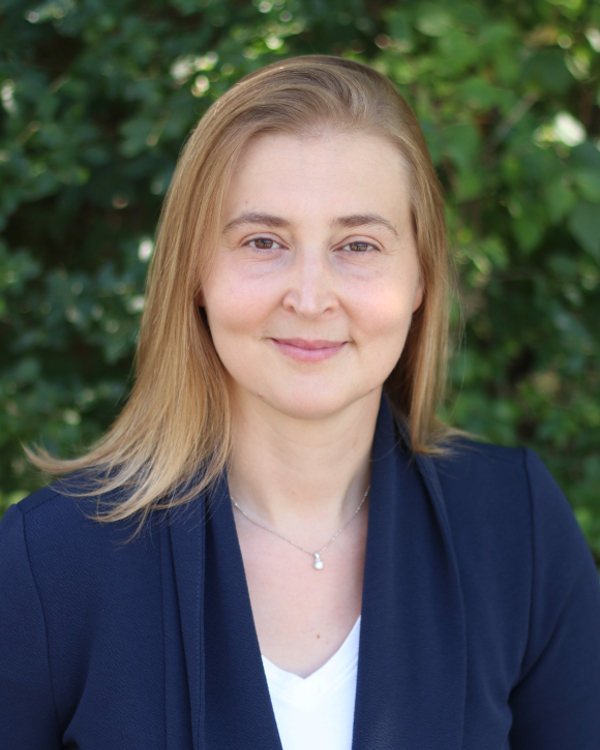
Heather H. Pua, M.D., Ph.D.
Vanderbilt University Medical Center
Project Title: Extracellular RNA Communication in Lung Inflammation
Grant ID: DP2-HL152426
Heather Pua is an Assistant Professor in the Department of Pathology, Microbiology and Immunology at Vanderbilt University Medical Center. Dr. Pua received her M.D./Ph.D. from Duke University, where she defined a role for autophagy in promoting survival and mitochondrial clearance in T cells in the laboratory of Dr. You-Wen He. She completed her residency and fellowship in Pathology as well as her postdoctoral training at UCSF, where she worked with Dr. Mark Ansel to leverage miRNAs as discovery tools in allergic lung inflammation. Dr. Pua’s laboratory now studies small non-coding RNAs as cell-extrinsic and cell-intrinsic regulators of pathologic tissue inflammation, through their emerging roles as extracellular communicators.
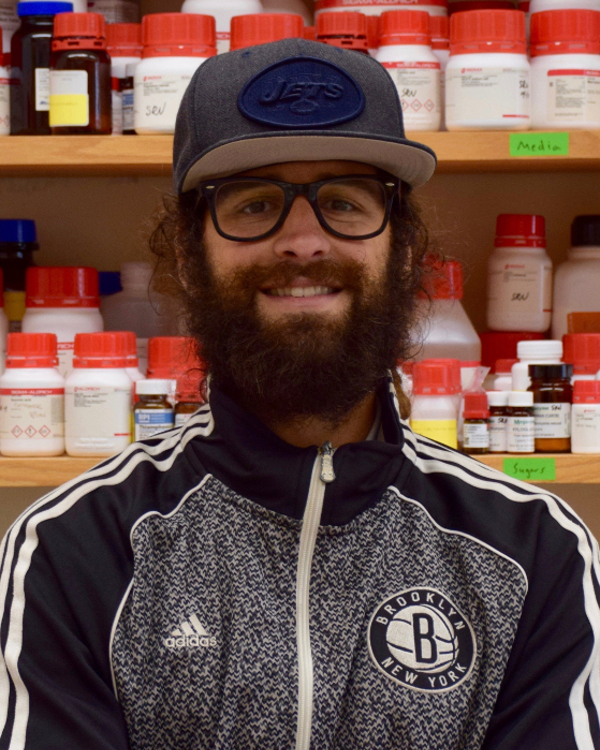
Seth Rakoff-Nahoum, M.D., Ph.D.
Boston Children's Hospital, Harvard Medical School, and Broad Institute
Project Title: Positive Selection as a Host Mechanism to Control the Microbiome
Grant ID: DP2-GM136652
Seth Rakoff-Nahoum is an Assistant Professor of Pediatrics at Harvard Medical School and the Boston Children’s Hospital Microbiome Research Endowed Investigator where he is in the Divisions of Infectious Diseases and Gastroenterology at BCH, the Department of Microbiology at HMS, and an Associate Member of the Broad Institute. Dr. Rakoff-Nahoum received B.A.’s in Biology and Religious Studies at Brown University, and both an M.D. and Ph.D in Immunobiology from Yale University, performing graduate work with Ruslan Medzhitov, studying pattern recognition of the microbiota. During clinical training in Pediatrics and Pediatric Infectious Diseases, he performed postdoctoral work with Laurie Comstock, studying social evolution in gut microbial communities. His lab is interested in how each member of microbiomes interacts with the environment, each other, and the host and uses genetic, molecular, cellular and computational approaches combined with ecological and evolutionary theory to address these questions. In addition to the NIH Director’s New Innovator Award, Dr. Rakoff-Nahoum’s lab is supported by the Pew Scholars Program in Biomedical Sciences, a Basil O’Connor Award from the March of Dimes, and a Career Award for Medical Scientists from the Burroughs Wellcome Foundation.
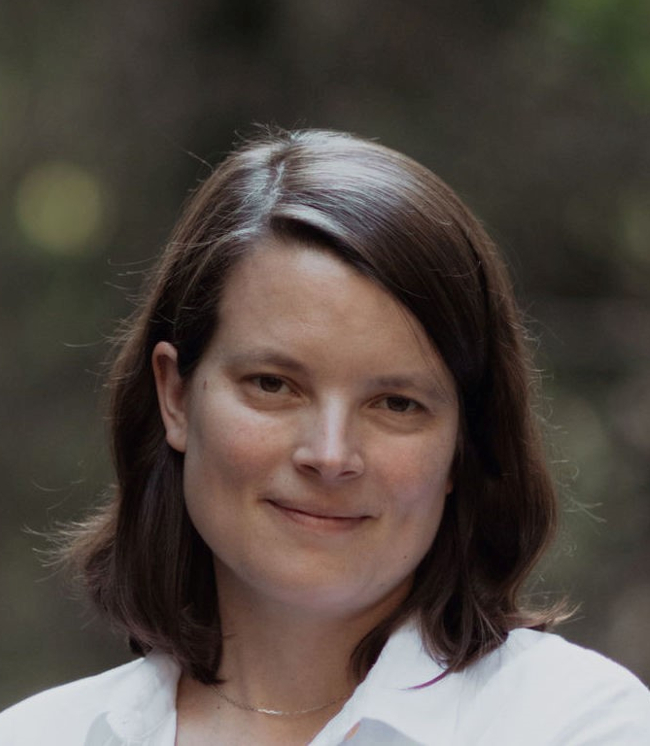
Caroline A. Runyan, Ph.D.
University of Pittsburgh
Project Title: Communication Between Networks: Context, Inhibition, and Neuromodulation
Grant ID: DP2-MH122404
Funded by the National Institute of Mental Health
Caroline Runyan graduated with a B.S. in Neuroscience from Allegheny College in 2004. She went on to study as a postbaccalaureate research fellow at NIMH. In 2012, Caroline completed her Ph.D. thesis with Mriganka Sur at MIT, a functional characterization of inhibitory interneurons in the primary visual cortex. She went on to compare population coding schemes in sensory and association cortex as a postdoctoral fellow with Christopher Harvey at Harvard Medical School. Caroline joined the Department of Neuroscience at the University of Pittsburgh as an assistant professor in 2017. In addition to the NIH Director’s New Innovator Award, the Runyan lab is supported by the Pew Biomedical Scholars Program, the Searle Scholar Program, and the Klingenstein-Simons Fellowship in Neuroscience.
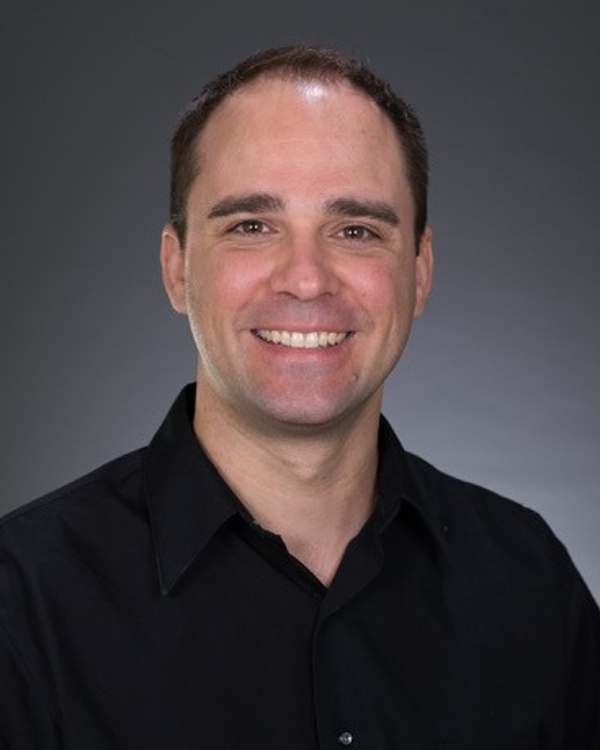
Zachary T. Schug, Ph.D.
Wistar Institute
Project Title: The Multifaceted Role of Acetate in Cancer
Grant ID: DP2-CA249950
Zachary T. Schug, Ph.D., is an assistant professor at The Wistar Institute, the nation’s first independent research institution devoted solely to biomedical science and a world leader in cancer, immunology, virology and infectious disease research. After completing his B.S. in biology from Saint Joseph’s University, Dr. Schug earned a Ph.D. in molecular cell biology from Thomas Jefferson University. In 2008 he began his post-doctoral studies at the Beatson Institute in Glasgow, UK, and became a research assistant professor during his time there. Dr. Schug joined The Wistar Institute in 2016 as an assistant professor in the Molecular & Cellular Oncogenesis Program. He also holds an adjunct faculty position in the Department of Systems Pharmacology and Translational Therapeutics at the University of Pennsylvania.
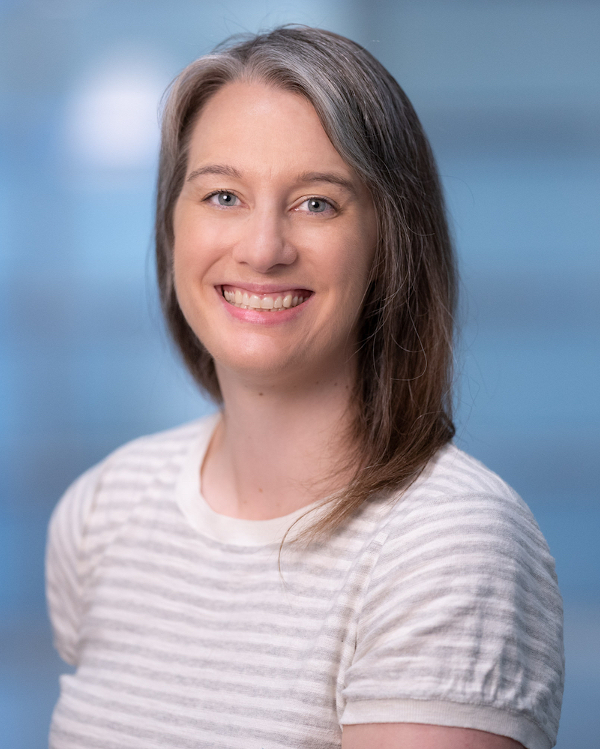
Lindsay A. Schwarz, Ph.D.
St. Jude Children's Research Hospital
Project Title: Intersectional Strategies to Understand the Function of Diverse Neural Circuits
Grant ID: DP2-NS115764
Lindsay Schwarz is an Assistant Member in the department of Developmental Neurobiology at St. Jude Children’s Research Hospital. She received a Ph.D. from University of California, San Diego working with Dr. Gentry Patrick to understand how ubiquitination of AMPA receptors mediates their trafficking in neurons. As a postdoctoral fellow in the lab of Dr. Liqun Luo at Stanford University, Dr. Schwarz developed new viral tracing tools to target neuronal circuits in vivo based on their cell type and projection pattern. Currently, her lab is interested in understanding the mechanisms by which neuromodulatory circuits in the brain regulate diverse behaviors and developing new reagents to study neuronal circuits with improved precision. Dr. Schwarz is a recipient of a National Science Foundation Graduate Research Fellowship, a Ruth Kirschstein National Service Award, a NARSAD Young Investigator Grant, and is a Rita Allen Foundation Scholar.
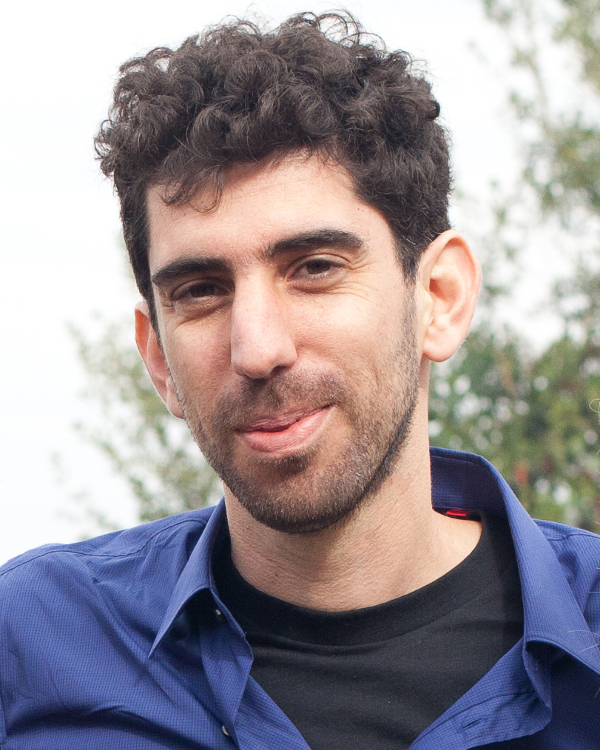
Ophir Shalem, Ph.D.
Children's Hospital of Philadelphia and University of Pennsylvania
Project Title: Direct and Rapid Control of Proteins at Scale
Grant ID: DP2-GM137416
Funded by the National Institute of General Medical Sciences
Ophir Shalem is an Assistant Professor at the Center for Cellular and Molecular Therapeutics at the Children’s Hospital of Philadelphia with a primary appointment at the department of Genetics at the Perelman School of Medicine of the University of Pennsylvania. He received his B.Sc. in Computer Science and Biology from Ben-Gurion University of the Negev in Israel and an M.Sc. and Ph.D. in System Biology from the Weizmann Institute of Science. As a postdoctoral researcher at the lab of Prof. Feng Zhang at the Broad institute of MIT and Harvard, Dr. Shalem was one of the pioneers in utilizing the CRISPR system for genome-wide pooled loss-of-function screens. Towards the end of his postdoctoral training he has also spent almost two years as a visiting scholar in the lab of Prof. Andrew Dillin in UC Berkeley studying protein quality control pathways in mammalian cells. The Shalem lab is focused on the development of functional genomics approaches and the study of protein quality pathways and their involvement in different diseases including neurodegenerative diseases.
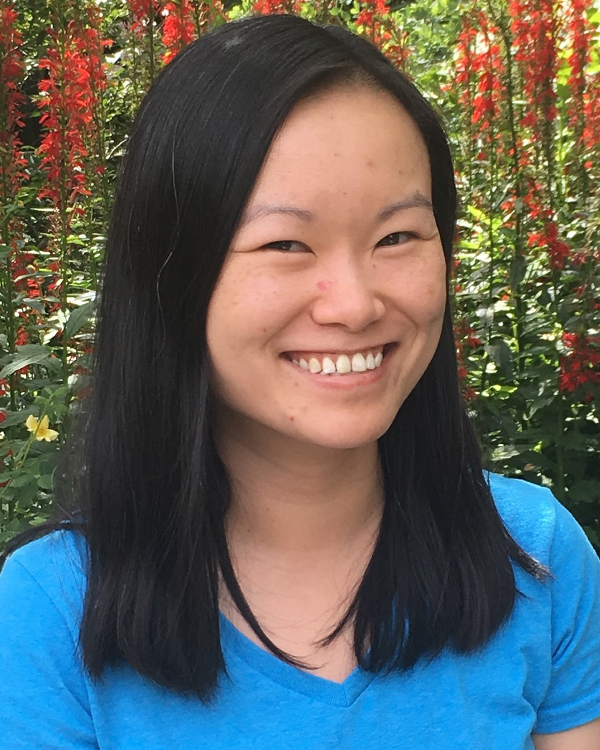
Sichen (Susan) Shao, Ph.D.
Harvard Medical School
Project Title: Decoding Ribosome-Triggered Quality Control Mechanisms
Grant ID: DP2-GM137415
Funded by the National Institute of General Medical Sciences
Sichen (Susan) Shao is an Assistant Professor in the Department of Cell Biology at Harvard Medical School. Her research group studies how cells monitor different steps of protein biosynthesis to regulate gene expression and maintain a high-quality proteome. Susan received her B.S.E. in Chemical Engineering from Princeton University and her Ph.D. in Biological Sciences from the NIH Graduate Partnerships Program with Johns Hopkins University, working with Ramanujan Hegde. As a St Johns College Junior Research Fellow, she continued postdoctoral work on ribosome-associated quality control and membrane protein sorting mechanisms in the Hegde Lab at the MRC Laboratory of Molecular Biology. At HMS, Susan’s lab develops methodologies to biochemically reconstitute cellular quality control pathways for functional and structural dissection.
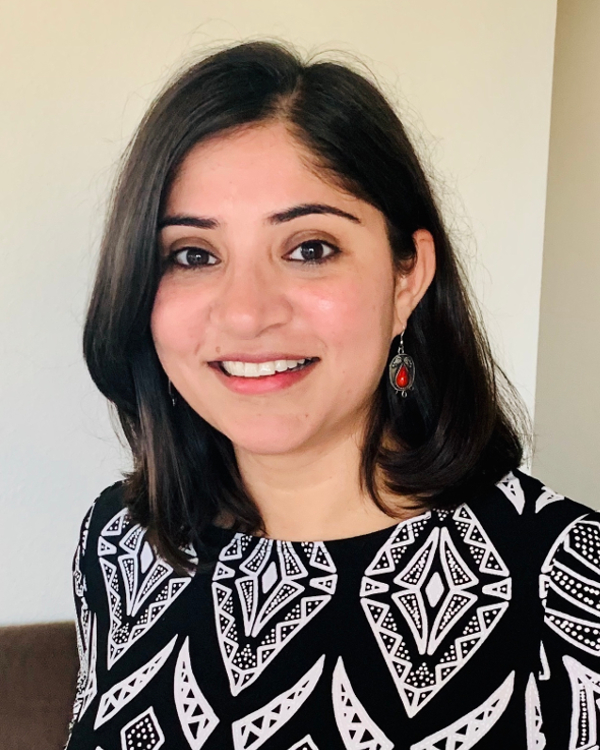
Upasna Sharma, Ph.D.
University of California, Santa Cruz
Project Title: Paternal Contributions to Offspring Health: Intergenerational Epigenetic Inheritance Via Sperm Small RNAs
Grant ID: DP2-AG066622
Upasna Sharma is an Assistant Professor in the Department of Molecular, Cell and Developmental Biology at the University of California, Santa Cruz. She obtained her Ph.D. from Wesleyan University and trained as a Charles H. Hood Postdoctoral Fellow in the laboratory of Dr. Oliver Rando at the University of Massachusetts Medical School. During her postdoctoral studies, Upasna utilized genomic approaches to elucidate the mechanism of intergenerational epigenetic inheritance of paternal dietary effects. Her work revealed a role of sperm small RNAs in such inheritance and provided evidence of RNA-mediated soma-germline communication in mammals. Upasna’s lab is utilizing a unique and powerful combination of genomic, molecular, and reproductive biology approaches to investigate the mechanistic basis of RNA-mediated soma-germline communication, its influence on sperm epigenome, and the consequences for offspring health.
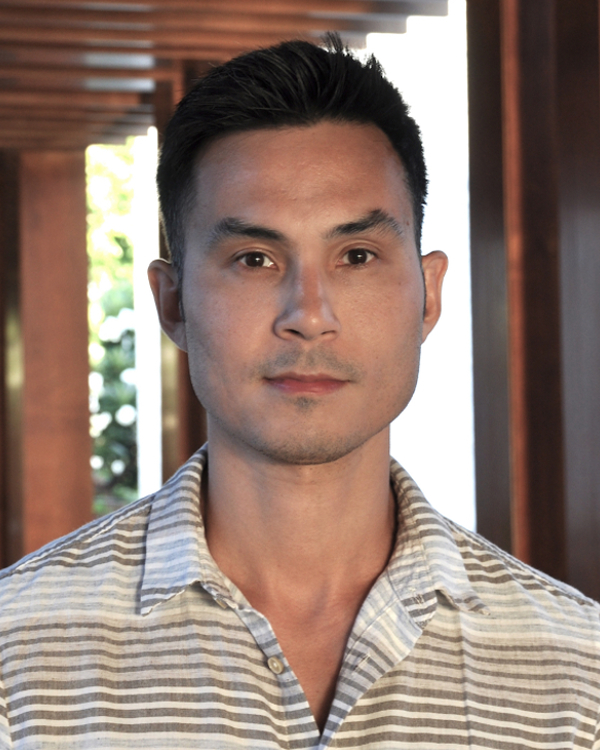
Marcos Simoes-Costa, Ph.D.
Cornell University
Project Title: Spatial Control of Pattern Formation in Early Vertebrate Development
Grant ID: DP2-HD102043
Marcos Simoes-Costa is an Assistant Professor in the Department of Molecular Biology and Genetics at Cornell University. After completing his Ph.D. at the University of Sao Paulo, Marcos moved to the California Institute of Technology as a Pew Latin American Fellow. His postdoctoral training focused on the gene regulatory networks that drive the formation and differentiation of neural crest cells. Marcos started his lab at Cornell University in 2016, where he and his team are working to understand the spatial control of gene expression during vertebrate embryonic development. In addition to the New Innovator Award, Marcos is the recipient of the March of Dimes’ Basil O’Connor Award and the NIH Pathway to Independence Award.
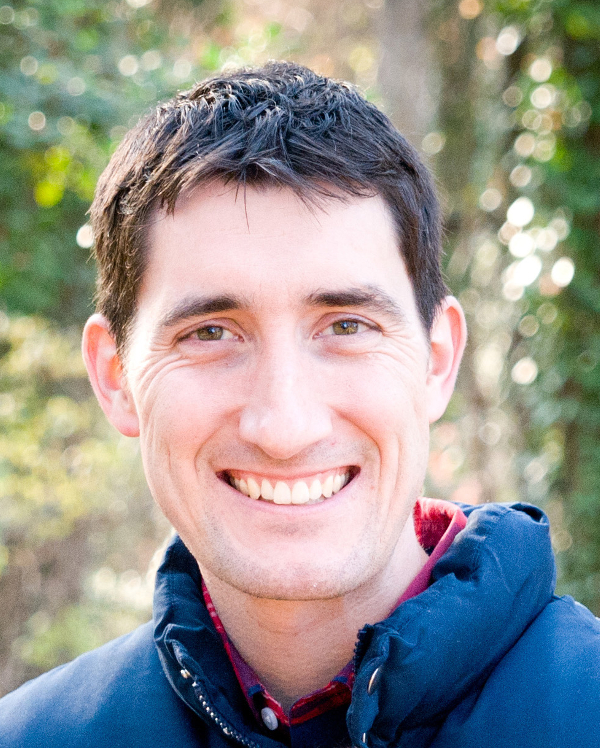
Cody J. Smith, Ph.D.
University of Notre Dame
Project Title: An Integrative Approach to Elucidate Glial Diversity and Its Role in Brain Functionality
Grant ID: DP2-NS117177
Funded by the National Institute of Neurological Disorders and Stroke
Cody J. Smith is a researcher, educator and Gallagher Family Assistant Professor in the Department of Biological Sciences at the University of Notre Dame. He earned his B.S. in Biology from Mercyhurst College. He received his Ph.D. from Vanderbilt University under the mentorship of David M. Miller III using C. elegans to study neuronal morphogenesis. He then went to the University of Virginia for his postdoc where he discovered and described motor exit point (MEP) glia while investigating glial development in Sarah Kucenas’ lab. His lab converges these two topics to understand how neurons and glia interact to build the nervous system during development and regeneration. Cody is a recipient of pre and post-doctoral Ruth L. Kirschstein NRSAs and was named an Alfred P. Sloan Fellow of Neuroscience in 2017 for his contributions and potential impact in the field.
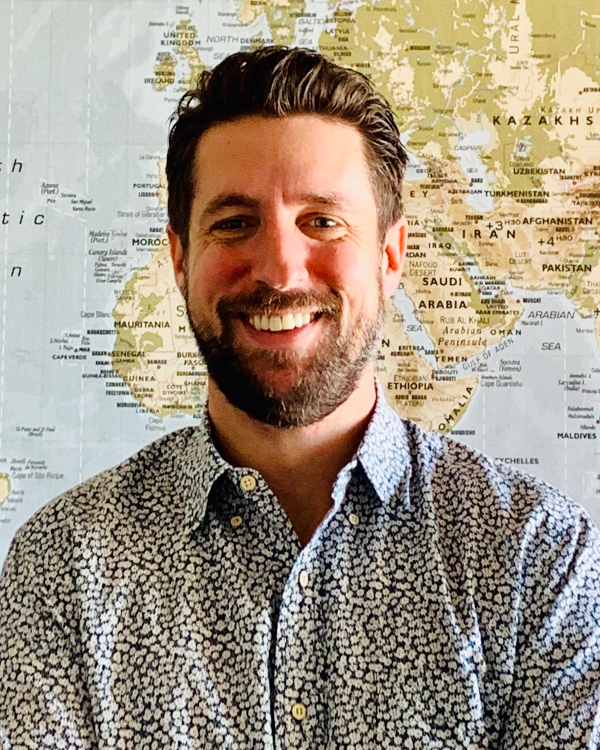
Vincent S. Tagliabracci, Ph.D.
UT Southwestern Medical Center
Project Title: Breathing Life Into Dead Enzymes
Grant ID: DP2-GM137419
Funded by the National Institute of General Medical Sciences
Vincent Tagliabracci earned his Ph.D. in Biochemistry and Molecular Biology from Indiana University, where he made several important contributions to understanding how elevated levels of glycogen phosphate cause Lafora disease, a deadly form of epilepsy. In 2010, he joined the laboratory of Dr. Jack Dixon as a postdoctoral fellow at the University of California, San Diego, where he discovered a novel family of secreted kinases that phosphorylate proteins destined for secretion from the cell. In 2015, he joined the faculty at UT Southwestern as an Assistant Professor in the Department of Molecular Biology, where he is the Michael L. Rosenberg Scholar in Medical Research. His lab takes a multidisciplinary approach to discover and characterize remote members of the protein kinase superfamily that has revealed unexpected functions and enzymatic activities for the protein kinase fold. Vincent is the recipient of the Esther L. Kinsley dissertation award from Indiana University School of Medicine, a K99/R00 Pathway to Independence award from the National Institutes of Health, Cancer Prevention Research Institute of Texas (CPRIT) Recruitment of First-Time, Tenure-Track Faculty Member award and a Searle Scholar.

Christoph A. Thaiss, Ph.D.
University of Pennsylvania
Project Title: A Conserved Function of Amyloid Proteins in Host-Microbiome Interactions
Grant ID: DP2-AG067492
Funded by the National Institute on Aging
Christoph A. Thaiss is an Assistant Professor at the Microbiology Department of the Perelman School of Medicine at the University of Pennsylvania. He performed his undergraduate studies in Molecular Biomedicine at the University of Bonn and his M.Sc. studies in Microbiology and Immunology at Yale University and ETH Zurich. After a short-term scholarship at the Broad Institute of MIT and Harvard, he performed his graduate studies under the mentorship of Prof. Eran Elinav at the Weizmann Institute of Science, with a visiting fellowship at Stanford University. After completion of his graduate work, he established a research group at the University of Pennsylvania. His lab studies the role of host-environment interactions in metabolic and inflammatory diseases, with a particular focus on the role of the intestinal microbiome in the regulation of host physiology. In addition to the NIH Director’s New Innovator Award, his honors include the Science & SciLifeLab Prize for a Young Scientist, the Agilent Early Career Professor Award, and the Harold M. Weintraub Award.
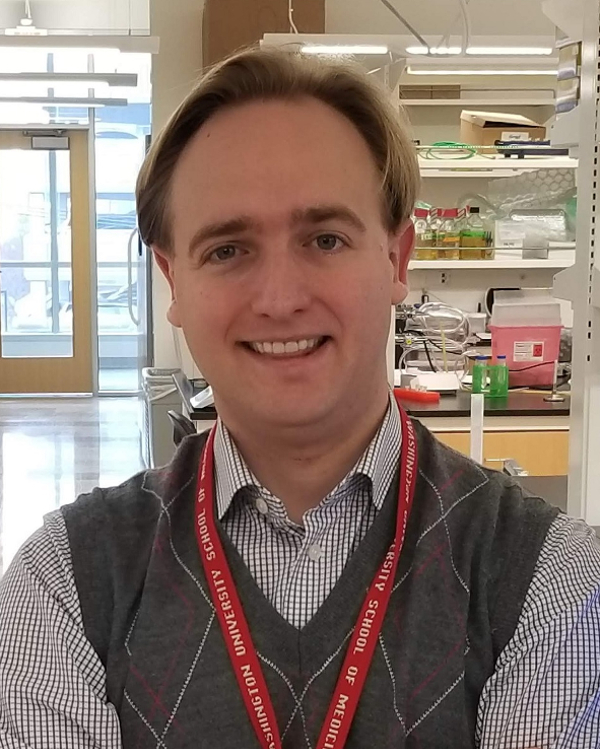
Thorold W. Theunissen, Ph.D.
Washington University School of Medicine in St. Louis
Project Title: Resolving Epigenetic Instability During Pluripotent State Transitions: A Roadmap for Exploiting the Biomedical Potential of Dynamic Human Stem Cell States
Grant ID: DP2-GM137418
Funded by the National Institute of General Medical Sciences
Thorold Theunissen is an Assistant Professor in the Department of Developmental Biology and Center of Regenerative Medicine at Washington University School of Medicine. He first became interested in stem cell research as an undergraduate at Harvard University, where he worked in Dr. Stuart Orkin’s laboratory. He completed his Ph.D. studies on nuclear reprogramming in the laboratory of Dr. José Silva at the University of Cambridge, and joined the laboratory of Dr. Rudolf Jaenisch at the Whitehead Institute for Biomedical Research as a Sir Henry Wellcome Postdoctoral Fellow. He has a long-standing interest in the control of pluripotency and has developed approaches for isolating naïve human pluripotent stem cells. His laboratory seeks to understand the mechanisms controlling epigenetic stability during pluripotent state transitions, as a basis for developing enhanced stem cell models of human development and disease.
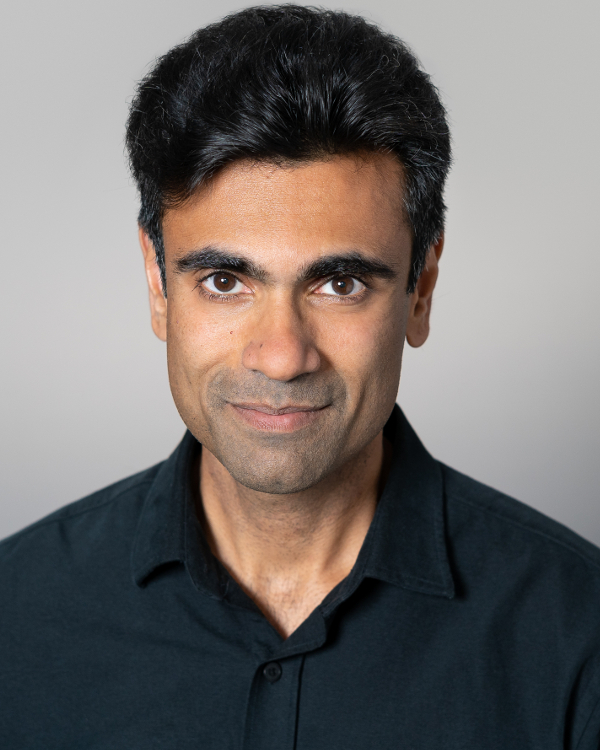
Vasanth Vedantham, M.D., Ph.D.
University of California, San Francisco
Project Title: A Regenerative Approach to Cardiac Pacing
Grant ID: DP2-HL152425
Vasanth Vedantham is an Associate Professor in the Department of Medicine and an Affiliate Investigator in the Cardiovascular Research Institute at the University of California, San Francisco. He received undergraduate degrees from Yale University in physics and biochemistry, an M.D. from the Harvard-MIT Health Sciences and Technology Program, and a Ph.D. from the Program in Neuroscience at Harvard University. His dissertation research in the lab of Stephen Cannon used chemical modification and electrophysiological recording to define structure-function relationships that govern gating, pharmacology, and toxin binding in voltage-gated sodium channels. After completing clinical training in internal medicine, cardiology, and cardiac electrophysiology, his postdoctoral work in the lab of Deepak Srivastava at the Gladstone Institute of Cardiovascular Disease defined deeply conserved transcriptional networks that endow specialized cardiac pacemaker cells with the ability to initiate the heart beat. His lab focuses on the development, physiology, and evolution of heart rhythm from a multidisciplinary perspective, with a goal to develop translational therapies for arrhythmias that are informed both by bench science and by his practice as a clinical cardiac electrophysiologist.
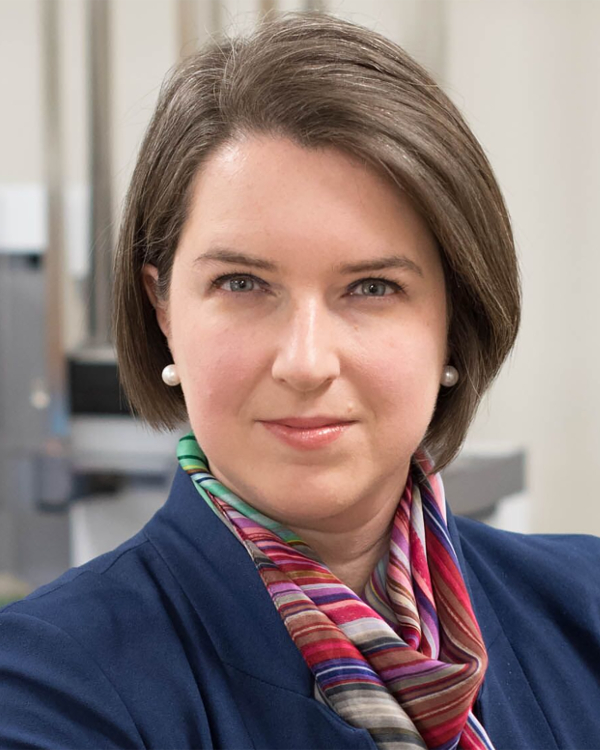
Alexandra-Chloé Villani, Ph.D.
Massachusetts General Hospital, Harvard Medical School, and Broad Institute of MIT and Harvard
Project Title: Deciphering the Achilles Heel of Cancer Immunotherapy
Grant ID: DP2-CA247831
Alexandra-Chloé Villani is an Assistant Professor of Medicine at Harvard Medical School, a Principal Investigator at the Massachusetts General Hospital (MGH) Center for Immunology and Inflammatory Diseases, as well as at the MGH Center for Cancer Research, and an Associate Member of the Broad Institute of MIT and Harvard since October 2017. She received a B.Sc. in Physiology and a Ph.D. in Experimental Medicine from McGill University, where she worked with Dr. Denis Franchimont in mapping and characterizing new genetic loci contributing to inflammatory bowel disease susceptibility. She completed her postdoctoral training as a Banting Postdoctoral Fellow and a Fonds de recherche du Québec – Santé (FRSQ) Fellow with Nir Hacohen at the Broad Institute, where she developed new systems immunology and single-cell genomics strategies to define key components regulating human immune response that led to identifying new human blood immune cell populations. The Villani Lab aims at achieving a higher resolution definition and functional characterization of cell subsets and rules governing human immune response regulation as a foundation for deciphering how immunity is dysregulated in diseases and for developing a comprehensive human immune lexicon that is key to promoting effective bench-to-beside translation of findings. In addition to the NIH Director’s New Innovator Award, Dr. Villani is the recipient of the MGH Kathleen and Ralph Verni Transformative Scholar in Medicine Award, and the Damon Runyon-Rachleff Innovation Award.
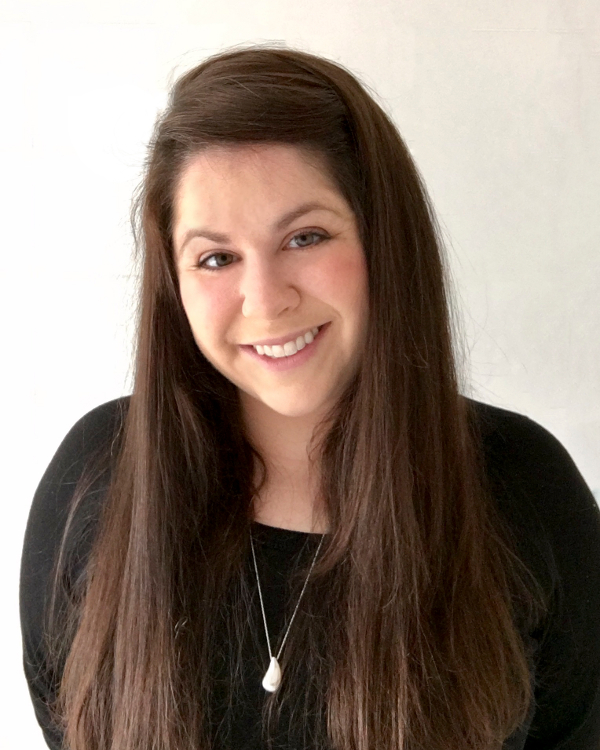
Rebecca M. Voorhees, Ph.D.
California Institute of Technology
Project Title: Protein Complex Assembly in the ER Membrane
Grant ID: DP2-GM137412
Funded by the National Institute of General Medical Sciences
Rebecca Voorhees is an Assistant Professor at the California Institute of Technology in the Division of Biology and Biological Engineering and an Investigator of the Heritage Medical Research Institute. Rebecca received her B.S./M.S. from Yale University in Molecular Biophysics and Biochemistry. She went on to perform her graduate work as a Gates Scholar with Venki Ramakrishnan at the Medical Research Council Laboratory of Molecular Biology (LMB), where she used X-ray crystallography to study the molecular mechanism of protein synthesis. As a Wellcome Trust postdoctoral fellow, Rebecca used cryoelectron microscopy to study how proteins are targeted to the endoplasmic reticulum in the laboratory of Manu Hegde, also at the LMB. Her laboratory at Caltech uses a combination of structural and functional approaches to study the molecular mechanisms of protein biosynthesis and quality control. In addition to the New Innovator Award, the Voorhees lab is supported by the Searle Foundation, the Pew-Stewart Scholar’s program, the Gordon and Betty Moore Foundation, and the Heritage Medical Research Institute.
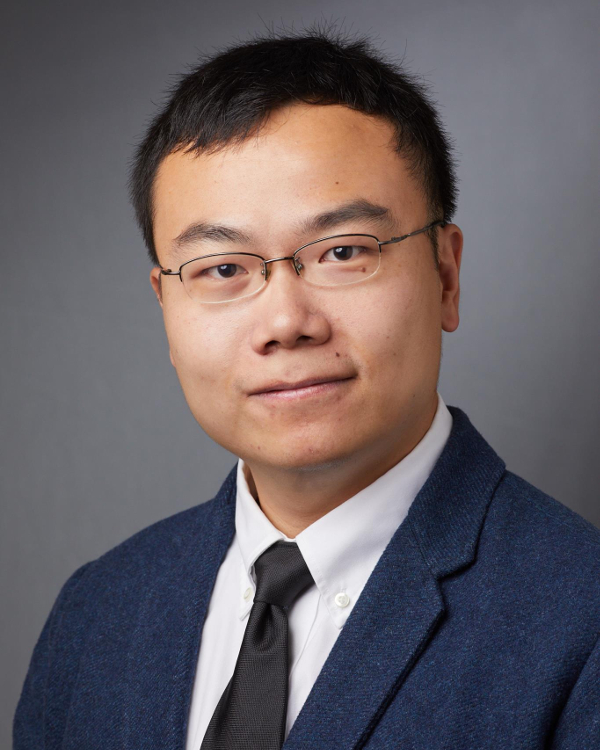
Siyuan (Steven) Wang, Ph.D.
Yale School of Medicine, Yale University
Project Title: Building the 3D Genomic Regulatome
Grant ID: DP2-GM137414
Funded by the National Institute of General Medical Sciences
Siyuan (Steven) Wang received a bachelor’s degree in Physics from Peking University in 2007, and a Ph.D. in Molecular Biology from Princeton University in 2011. At Princeton, he studied bacterial cell mechanics, especially how the bacterial cytoskeleton coordinates cell wall synthesis, in the labs of Ned Wingreen and Joshua Shaevitz. He then had his postdoctoral training at Harvard University in the lab of Xiaowei Zhuang, where he developed a chromatin tracing method based on multiplexed imaging to directly visualize the spatial folding of mammalian genome. His lab at Yale now further develops and applies imaging-based omics approaches to understand the spatial organization of mammalian genome, its functions, and its regulation.
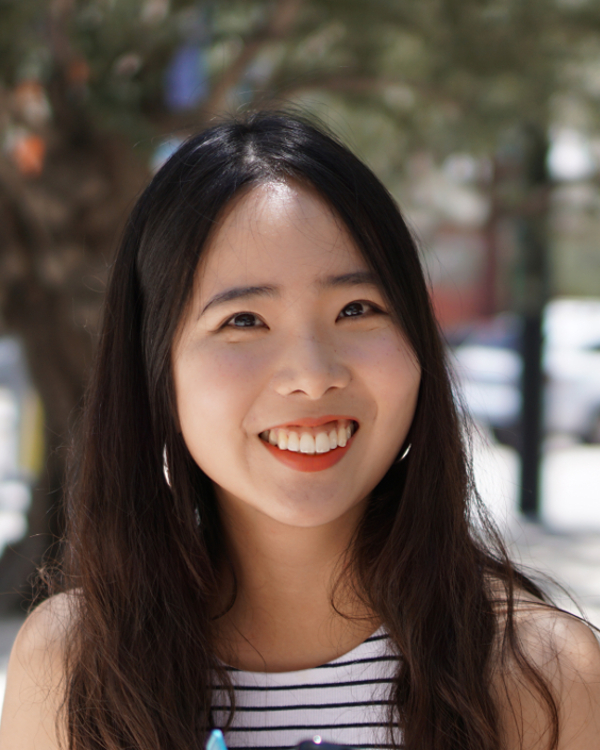
Hyejung Won, Ph.D.
University of North Carolina at Chapel Hill
Project Title: Deciphering Cell-Type Specific Regulatory Landscape in Human Brain
Grant ID: DP2-MH122403
Funded by the National Institute of Mental Health
Hyejung Won is an Assistant Professor in the Department of Genetics and Neuroscience Center at the University of North Carolina at Chapel Hill. She received her B.S. and Ph.D. in Biology from Korea Advanced Institute of Science and Technology (KAIST), where she conducted research revealing the underlying mechanism of neurodevelopmental conditions using genetically modified mice under the supervision of Dr. Eunjoon Kim. She then joined Dr. Dan Geschwind’s group at UCLA, where she established Hi-C, a genome-wide chromosome conformation capture technology, and generated chromatin interaction profiles from the developing and adult human brain. Her lab will leverage the genomics approach to bridge the gap between genetic risk factors and neurobiological mechanisms by mapping genetic variants of unknown function to the genes that they regulate, and identifying how dysfunctional gene regulation contributes to disease pathogenesis. In addition to the NIH Director’s New Innovator Award, Hyejung is the recipient of the NIH Pathway to Independence Award and a NARSAD Young Investigator Award.
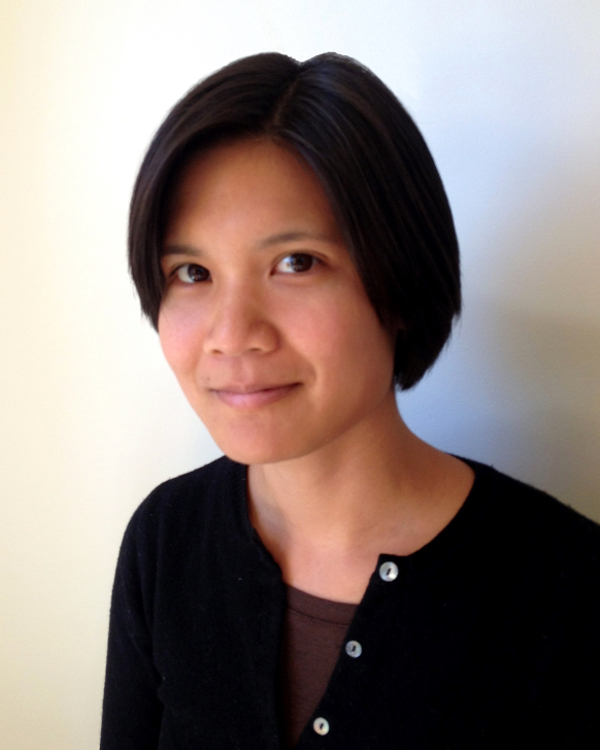
Courtney Yuen, Ph.D.
Brigham and Women's Hospital and Harvard Medical School
Project Title: New Approaches to Optimizing the Application and Measuring the Impact of Community-Based Tuberculosis Interventions
Grant ID: DP2-MD015102
Courtney Yuen is an Associate Epidemiologist at the Brigham and Women’s Hospital and a Harvard Medical School Instructor. After earning her Ph.D. in chemistry at Harvard University, she completed postdoctoral training in epidemiology at Harvard Medical School and the U.S. Centers for Disease Control and Prevention. Her work focuses on improving the detection and prevention of tuberculosis and evaluating the impact of interventions in this area. She has collaborated with government and non-government programs in Kenya, Peru, Pakistan, and the United States. Her work has been supported by grants from the Charles H. Hood Foundation, the Stop TB Partnership, the Bill and Melinda Gates Foundation, and the Patient-Centered Outcomes Research Institute.
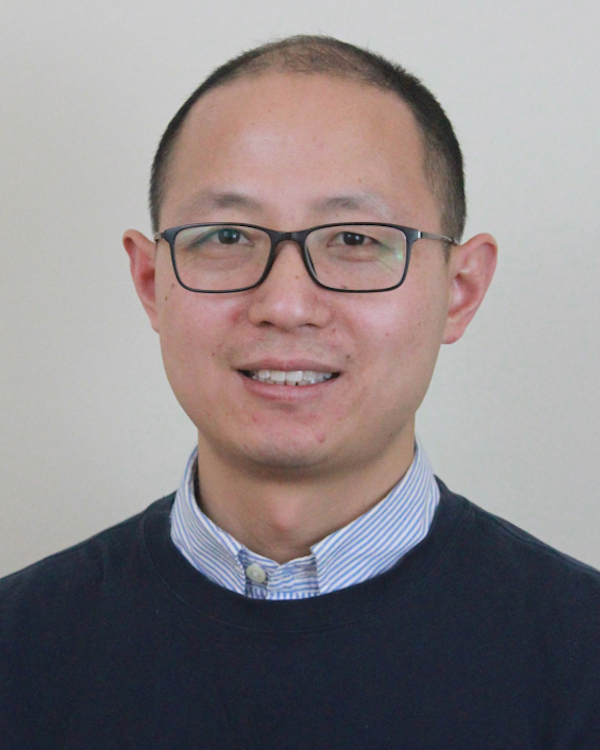
Xiaochang Zhang, Ph.D.
The University of Chicago
Project Title: Single Cell Detection of Dynamic Protein-RNA Interaction
Grant ID: DP2-GM137423
Xiaochang Zhang is an Assistant Professor in the Department of Human Genetics at The University of Chicago, and a member of the Grossman Institute for Neuroscience, Quantitative Biology and Human Behavior. His group focuses on neocortex development, and seeks to understand how brain cell types are specified over time and changed under neurological conditions. He received a Ph.D. from Fudan University, where he studied SUN-KASH nuclear envelope proteins in brain and neuromuscular development under the guidance of Prof. Min Han. As a postdoctoral fellow, he worked with Prof. Christopher A. Walsh at Harvard and Boston Children’s Hospital, where he studied alternative mRNA splicing in cortical neurogenesis and genetics of structural brain malformations. He is also a recipient of the NIH K01 Career Development Award.



